Table of contents
When Your AC Turns Into an Unwanted Indoor Water Feature
An AC leaking water inside your home is never normal and signals a problem that needs immediate attention. This frustrating issue affects many Birmingham homeowners every summer, but the good news is that most causes are fixable.
Quick Answer: Common Causes of Indoor AC Water Leaks
- Clogged condensate drain line (60%+ of cases) - algae, dirt, and debris block water drainage
- Dirty air filter - restricts airflow, causing evaporator coils to freeze and overflow when melting
- Damaged drain pan - cracks or rust in units 10-15+ years old allow water to leak through
- Low refrigerant levels - causes coil freezing and excess water when ice melts
- Broken condensate pump - prevents water removal in basement/attic units
- Poor installation - improper slope or disconnected drain lines
Safety First: Turn off your AC immediately if you notice water leaking inside. Continuing to run a leaking unit can cause electrical hazards, compressor damage, and dangerous mold growth.
Your AC is designed to remove moisture from your home's air, but that water should never end up on your floors or ceilings. When it does, you're looking at potential water damage and expensive repairs if left unchecked. In Birmingham's humid climate, a properly functioning system captures this moisture and channels it safely outside. When any part of this system fails, you get puddles where you don't want them.
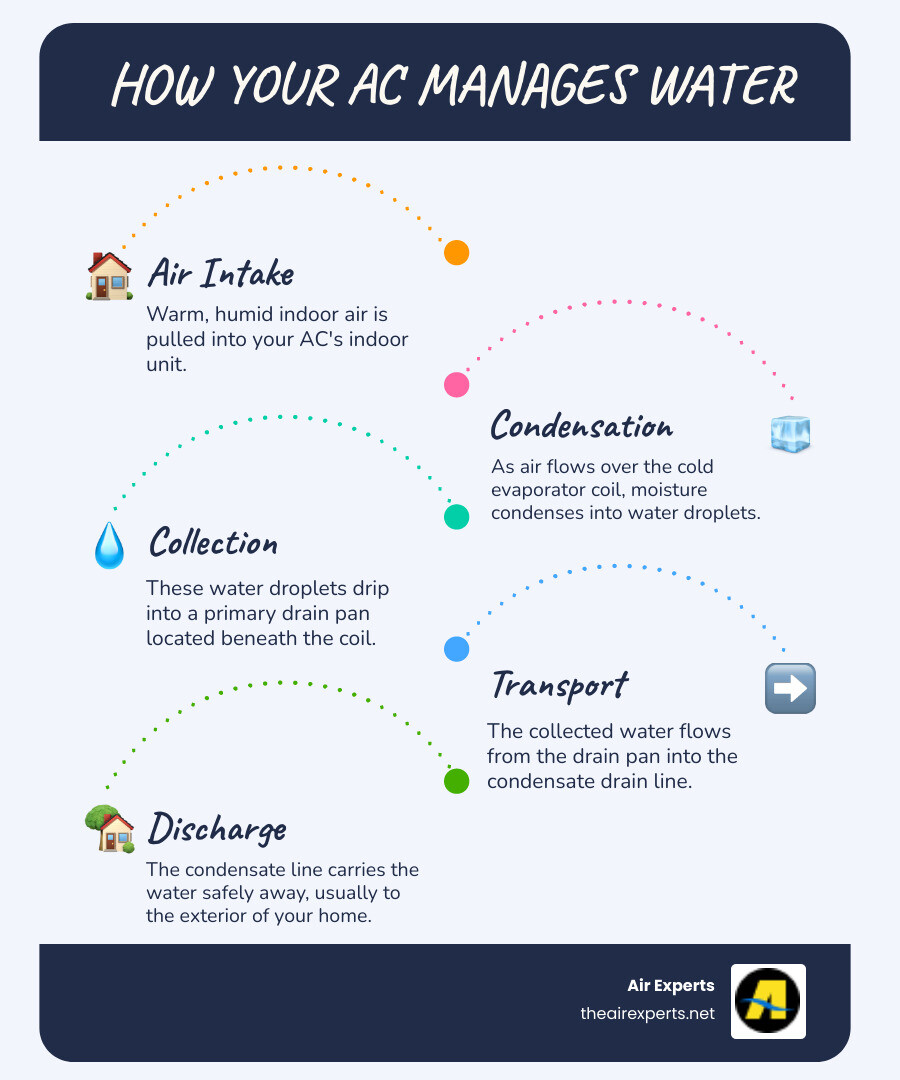
How Your AC Creates and Manages Water
Your air conditioner also acts as a dehumidifier. In Birmingham's sticky summers, it wrings moisture out of the air while it cools your home.
This process happens at the evaporator coil inside your indoor unit. As warm, humid air passes over this cold coil, moisture condenses into water droplets, much like a cold drink can "sweats" on a hot day. This condensation process is how your AC achieves dehumidification, making your home feel more comfortable.
This water has to go somewhere. It drips into a drain pan located beneath the coil. The pan is sloped to guide the water into the condensate drain line, a PVC pipe that carries the moisture safely outside your home.
During normal operation, your AC can produce several gallons of water daily, but this system ensures it's all channeled away without you ever noticing. The trouble starts when any part of this moisture-management chain breaks down, causing an AC leaking water inside your home.
Proper airflow is critical for this process. If airflow is restricted, it can disrupt the balance of cooling and condensation. If you've noticed airflow issues, you might want to check out Why ACs Airflow Has Decreased for more insights.
Why Your AC is Leaking Water Inside: Common Causes & Fixes
Most AC leaking water inside problems have straightforward solutions. When something in your AC's water management system gets clogged, damaged, or disconnected, water ends up where it shouldn't be.
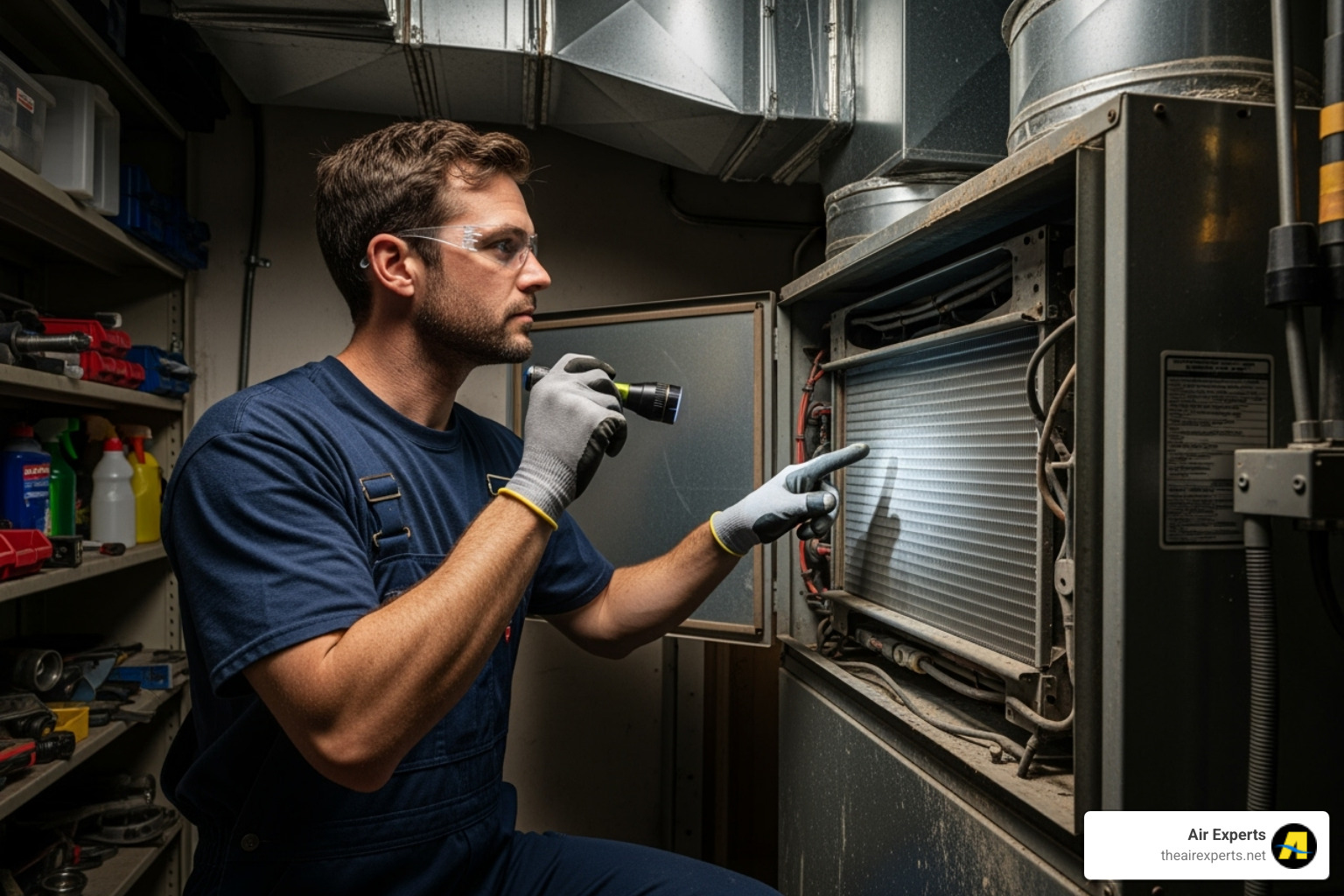
Let's walk through the most common culprits. Some fixes are simple enough for any homeowner, while others call for professional help.
Troubleshooting an AC leaking water inside due to a Clogged Drain Line
This is the most common cause, accounting for over 60% of indoor AC leaks. Over time, your condensate drain line can get blocked by algae, mold, and dirt. When the drain line clogs, water backs up into the drain pan and overflows, causing your AC to leak water inside.
Signs of a clog include water pooling around your indoor unit, a musty smell, or gurgling sounds from the drain line. Many newer units have a safety switch that shuts the system off when the pan overflows.
To fix this, first turn off your AC at the thermostat and breaker box. Locate the drain line access point and use a wet/dry vacuum to clear standing water from the pan. Then, attach the vacuum to the end of the drain line where it exits your home, seal the connection, and run the vacuum for a few minutes to pull out the clog.
Afterward, flush the line with a mixture of 1/4 cup distilled white vinegar and water to kill remaining algae and prevent future clogs. For more detailed steps, see this guide on How to clean a clogged AC drain line. If the clog persists, it's time to call a professional.
A Dirty Air Filter Can Cause a Frozen Evaporator Coil
A simple dirty air filter can also cause your AC to leak water inside.
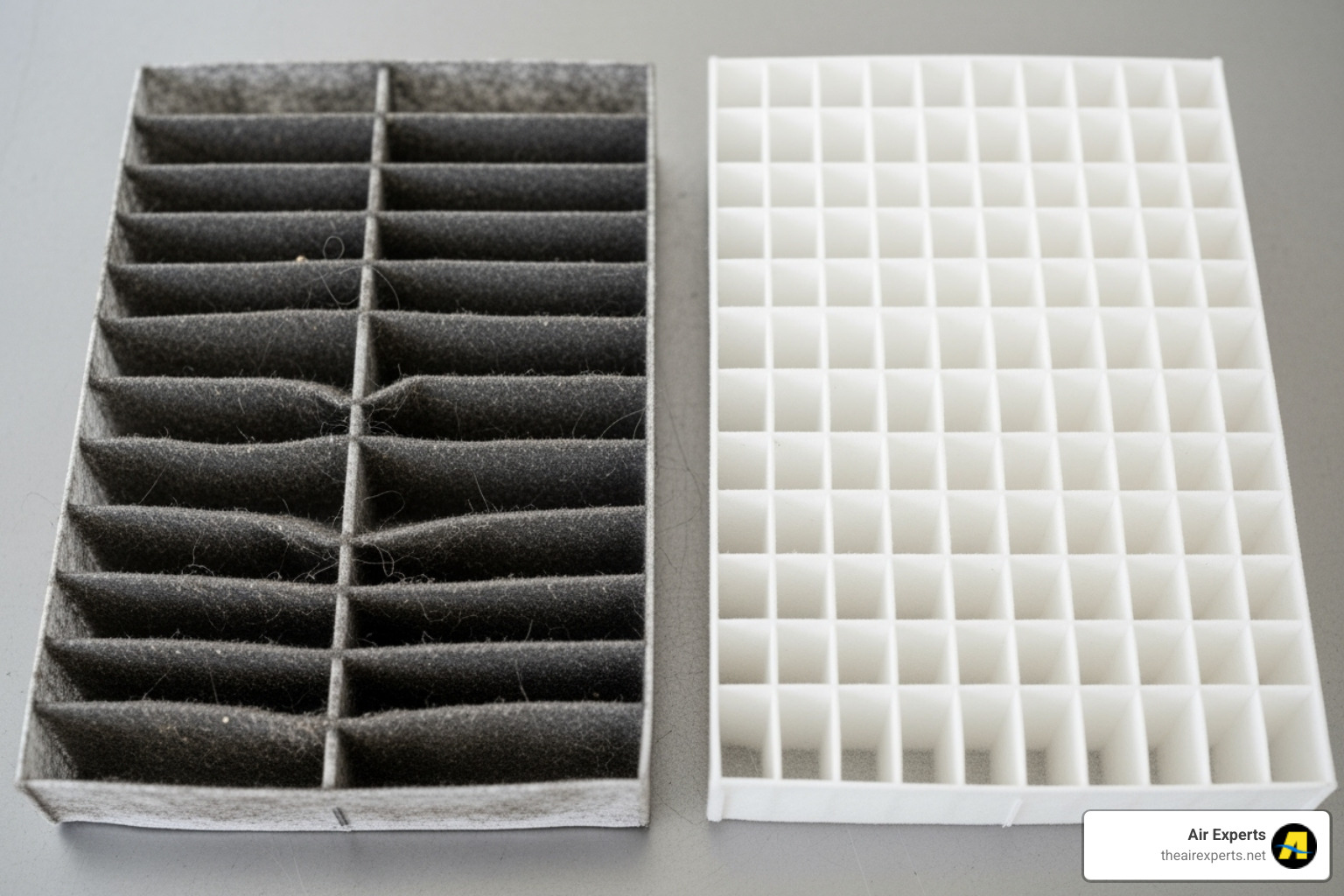
When the filter gets clogged, it restricts airflow over the evaporator coil. Without enough warm air, the coil gets too cold and ice starts to form. When your AC cycles off, this ice melts all at once, creating a rush of water that overwhelms the drain pan and causes a leak.
The fix is simple: change your air filter regularly. Check it monthly and replace it every 30-90 days. In Birmingham's humid climate, especially with pets, you may need to change it every 30 days. A clean filter prevents coil freezing and keeps your AC running efficiently. This resource on How to clean an AC filter offers helpful tips.
Damaged or Rusted Drain Pan
Your drain pan catches water from the evaporator coil. After 10-15 years, these pans can develop cracks, rust, or holes, especially in older units with metal pans.
When the pan fails, water drips through instead of flowing to the drain line. You can find the drain pan beneath the evaporator coil in your indoor unit. While a temporary sealant might work for tiny cracks, pan replacement is the permanent solution. This repair requires a professional, as it involves accessing internal components. If your older AC is leaking, a failing drain pan could be the cause. For other warning signs, see our guide on Signs You Need AC Repairs in Hoover, AL.
Low Refrigerant and Other Causes of a Frozen Coil
Just like a dirty filter, low refrigerant levels can cause the evaporator coil to freeze. Refrigerant is your AC's lifeblood; when it leaks, the pressure in the system drops, causing the coil to get too cold and ice over.
Signs of a refrigerant issue include your AC blowing warm air, hissing or bubbling sounds from the refrigerant lines, or ice on the coil or copper lines.
Here's a helpful comparison to figure out what type of leak you're dealing with:
| Feature | Leak from Clogged Drain Line | Leak from Frozen Coil (Low Refrigerant/Dirty Filter) |
|---|---|---|
| Primary Cause | Algae, dirt, debris blocking the drain pipe. | Restricted airflow or low refrigerant causing ice buildup. |
| Water Appearance | Usually a steady drip or overflow. | Large puddles after the unit has been off and ice melts. |
| Cooling Performance | Often still cools well, just leaks water. | Significantly reduced cooling or blowing warm air. |
| Unit Sound | May hear gurgling from drain. | May hear hissing/bubbling (refrigerant leak) or no sound from fan (dirty filter). |
| Visible Ice | No ice on coils or lines. | Ice visible on evaporator coil or copper lines. |
| DIY Fix Potential | Often can be cleared with vacuum/flush. | Requires defrosting, then addressing root cause (filter, professional for refrigerant). |
If you suspect low refrigerant, this is not a DIY repair. Refrigerant is hazardous and requires professional handling. Simply adding more isn't a fix; the leak must be found and repaired.
Turn off your AC immediately to let the coil defrost, then call us. We can safely locate and repair the leak. Understanding the Warning Signs AC Refrigerant is Leaking helps you act quickly.
Broken Condensate Pump
If your indoor unit is in a basement or attic, it likely uses a condensate pump to move water out of your home. When this pump fails, water backs up in the drain pan. Most pumps have a safety float switch that will shut off your AC to prevent flooding, but if the switch also fails, you'll find your AC leaking water inside.
Signs of a broken pump include water pooling around the unit, the pump making strange noises or no noise, or your AC repeatedly shutting off. You can check if the pump has power and look for clogs in its hoses. If simple troubleshooting doesn't work, the pump likely needs professional replacement.
Improper Installation or Poor Insulation
Sometimes, a leak is due to improper AC installation. Common issues include an incorrectly sloped unit that prevents the drain pan from draining properly, disconnected drain lines, or poorly insulated ductwork that "sweats" and drips.
This duct sweating can be misleading, as it's condensation forming on the outside of cold ducts in hot spaces like an attic, not a leak from the unit itself. If your AC is new and leaking, contact the installer. For older units, a disconnected drain line might be a simple fix, but issues with slope or duct insulation require professional correction. We can help with leveling and proper insulation. For more on this topic, see how we Correct Drainage Issues After AC Installation.
Safety First: The Dangers of a Leaking AC
An AC leaking water inside is more than an annoyance; it's a problem that demands immediate attention due to several serious risks.
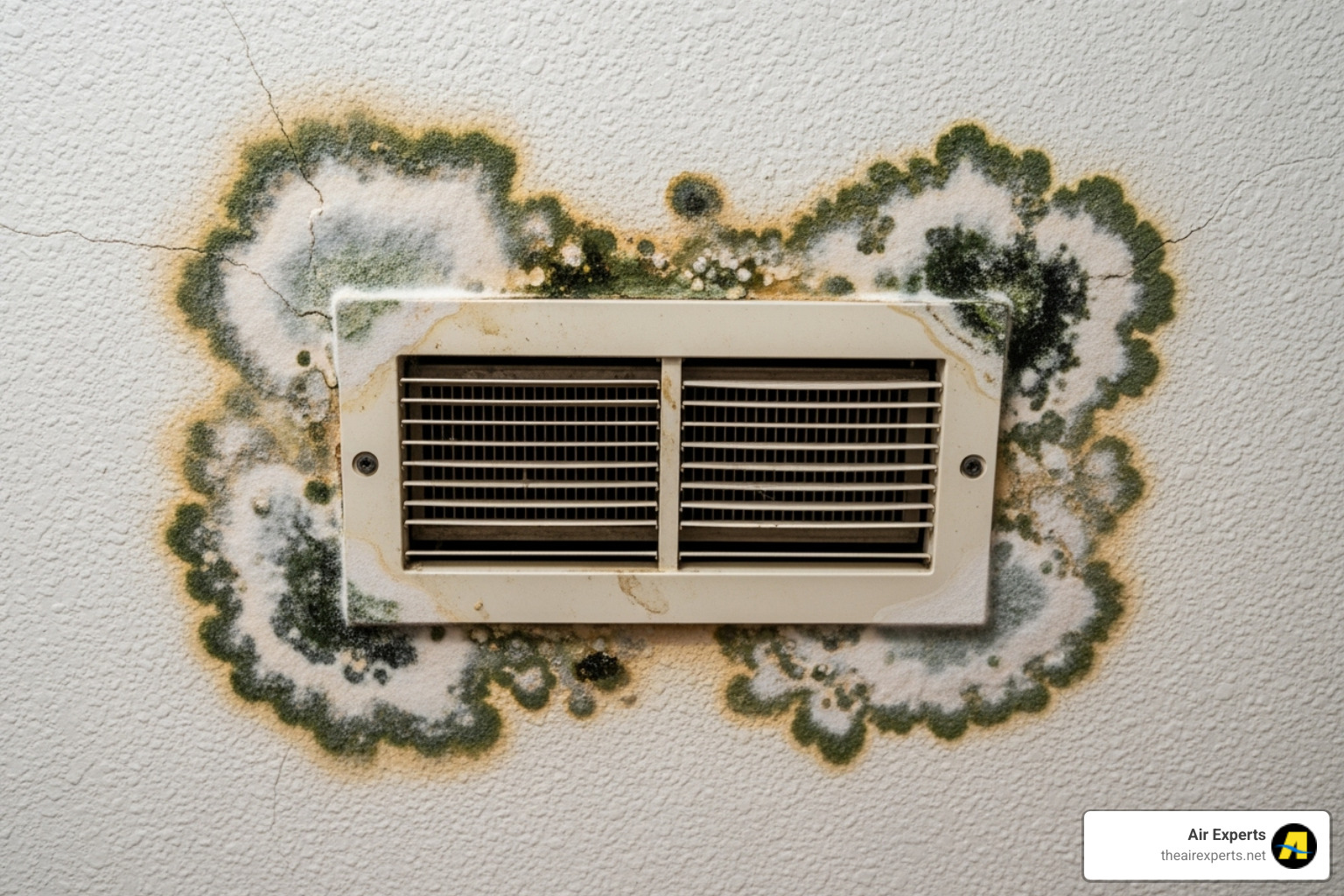
- Electrical hazards: Water mixing with your AC's electrical components can cause short circuits, damage your unit, or even spark a fire.
- Water damage: A small drip can quickly lead to warped floors, ruined carpets, and weakened drywall. If your unit is in the attic, you may see water stains on your ceiling.
- Structural integrity: Prolonged water exposure can rot wooden beams and floor joists, threatening your home's structure.
- Mold and mildew growth: Damp, dark environments are perfect for mold, which is difficult to remove and can harm your health. Poor indoor air quality from mold spores can trigger allergies, asthma, and other respiratory issues. The EPA details the health effects of mold.
- Reduced efficiency: A leaking AC is working harder than it should, leading to higher energy bills.
Ignoring a leak is risky. Quick action protects your family's health, your home's value, and your peace of mind.
Preventative Maintenance to Avoid Future Leaks
Preventative maintenance is key to avoiding an AC leaking water inside. A little regular care keeps your system running smoothly and your floors dry.
- Change your air filter regularly. This is the easiest way to prevent frozen coils. Check it monthly and replace it every 30-90 days, or more often during Birmingham's humid summers.
- Schedule an annual professional tune-up. Every spring, have a technician inspect and clean your system. We check the condensate drain line for clogs, inspect the drain pan, clean the coils, and monitor refrigerant levels to catch problems early.
- Clean the drain line yourself. Every few months, pour a cup of distilled white vinegar down the condensate drain line access point to prevent algae and mold buildup.
- Keep the outdoor unit clear. Remove leaves, grass clippings, and other debris from around your outdoor unit to ensure proper airflow.
- Pay attention to your AC. If you notice unusual noises, ice buildup, or reduced cooling, investigate before a small issue becomes a major leak.
Regular maintenance provides peace of mind. Learn more about our comprehensive AC Maintenance Birmingham, AL services and how we can help keep your system running smoothly.
Frequently Asked Questions about an AC Leaking Water Inside
When you find your AC leaking water inside, you likely have questions. Here are answers to the most common ones we hear from Birmingham homeowners.
Is it safe to keep using an AC that is leaking water?
No, it is not safe. Continuing to run a leaking AC is dangerous. The moment you spot water, turn off your AC at the thermostat and the circuit breaker.
Running a leaking unit creates a risk of electrical shock, can cause further water damage, and may lead to serious compressor damage. A manageable repair can quickly become a major replacement. A few uncomfortable hours are better than thousands in damages or a safety hazard.
What are the signs I need to call a professional right away?
Some situations require an expert. Call us immediately if you notice:
- Signs of a refrigerant leak: Hissing sounds, ice on copper lines, or the AC blowing warm air.
- Your AC won't turn on: This could signal a tripped safety switch or a serious electrical issue. Learn more about Why AC Keeps Tripping the Circuit Breaker.
- You're uncomfortable with DIY repairs: HVAC systems are complex, and it's always wise to call a professional if you're unsure.
- The leak persists: If you've changed the filter and cleared the drain line but the leak continues, the problem is deeper and needs professional diagnosis.
How can I tell if the leak is from my AC or something else, like the roof?
To determine the source of a leak, look at the timing and location.
- Timing: An AC leaking water inside happens when the unit is running, especially on hot, humid days. The leak often stops when the AC is off. Roof leaks appear during or after heavy rain.
- Location: AC leaks occur near the indoor unit or vents. Roof leaks can appear anywhere but often leave spreading, discolored stains on the ceiling.
An AC leak is consistent with the unit's run cycle, while a roof leak is consistent with the weather. AC condensation is usually clear, while water from a roof leak may be dirty or brownish.
Get Your Comfort Back with Expert Help
When your AC is leaking water inside, it's more than an inconvenience—it's a problem that demands immediate attention to protect your home and comfort. Water leaks can lead to property damage, mold, and electrical hazards, which is why prompt action is crucial.
At Air Experts, we help families throughout the Greater Birmingham area, from Chelsea to Pelham and Trussville to Hoover, get their comfort back. Our approach is simple: No Upselling. No catch. Just Honest, Quality Service. You deserve transparent solutions, not a sales pitch.
Our certified HVAC technicians can quickly diagnose any water leak, whether it's a clogged drain line, a frozen coil, or a complex system issue. We provide the right solution without trying to sell you a new system when a simple repair will do.
Most AC leaking water inside situations are fixable. Getting an expert diagnosis makes the difference between a quick fix and a recurring headache. Don't let a dripping AC turn into a bigger problem. The sooner you address it, the easier and less expensive the solution usually is.
Ready to get your cool, dry comfort back? We're here with prompt, reliable service. Schedule your expert HVAC repair in Birmingham, AL today and let us take care of the problem.
.svg)
.svg)
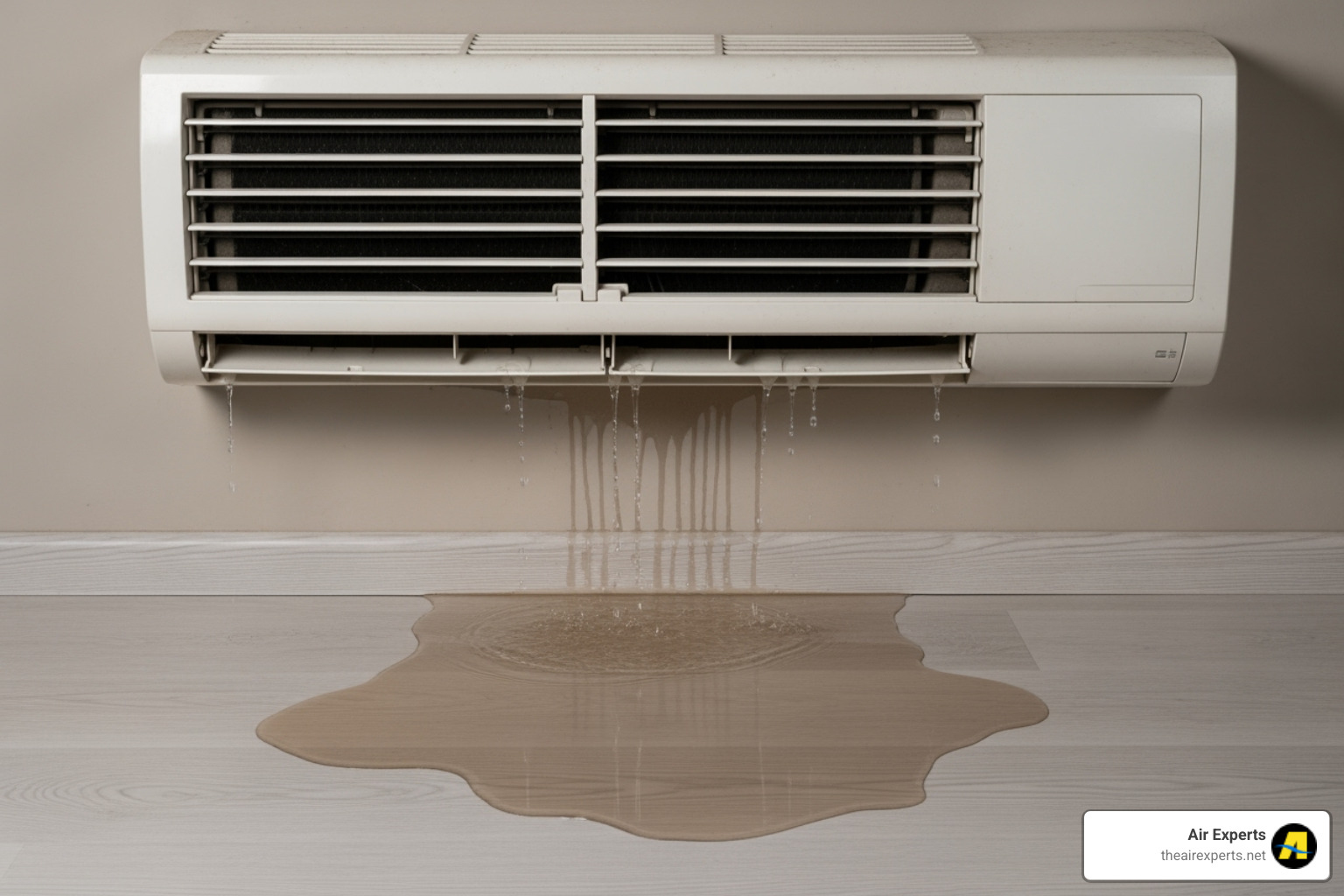
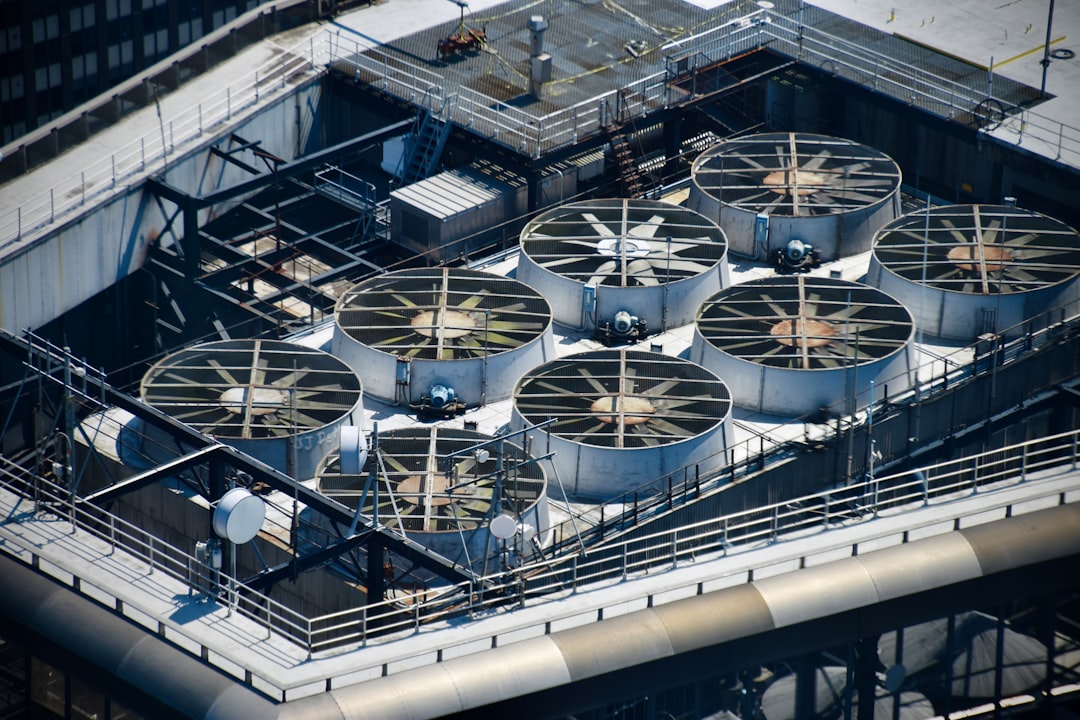






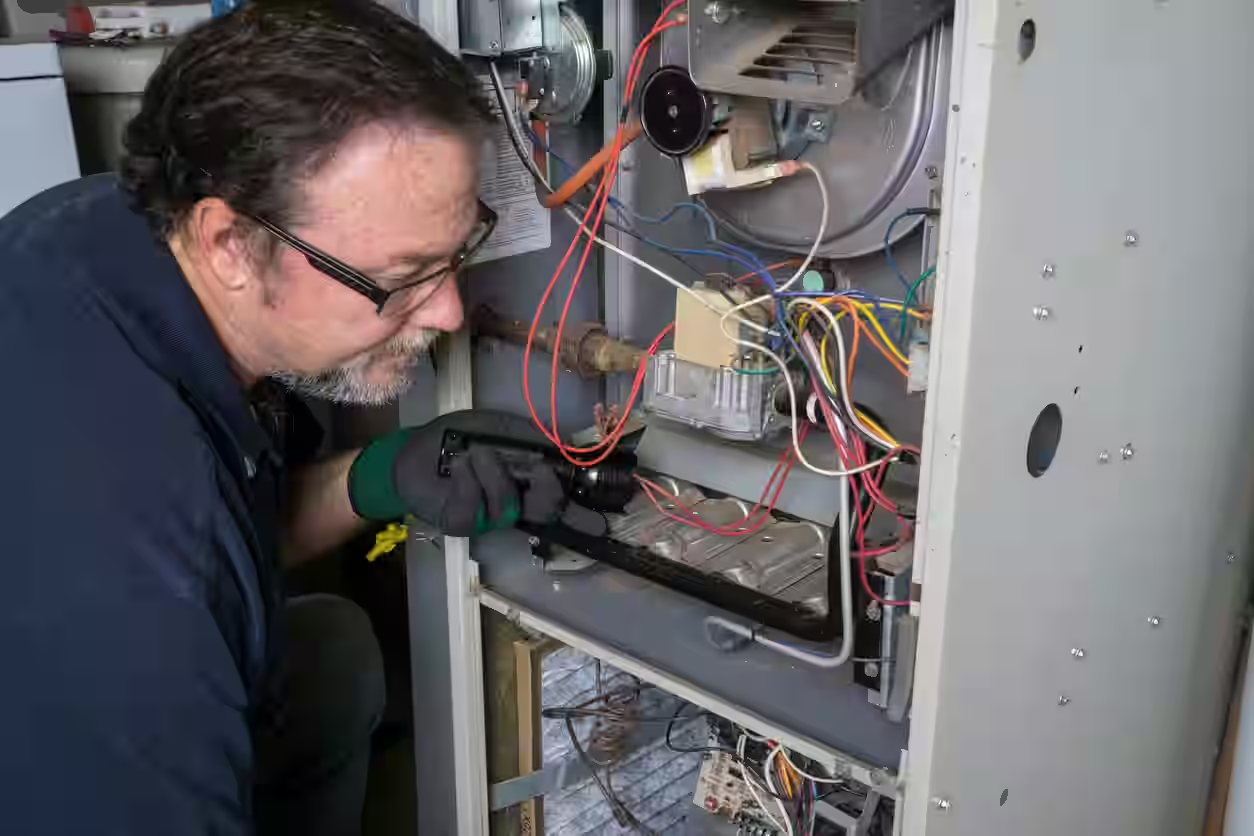
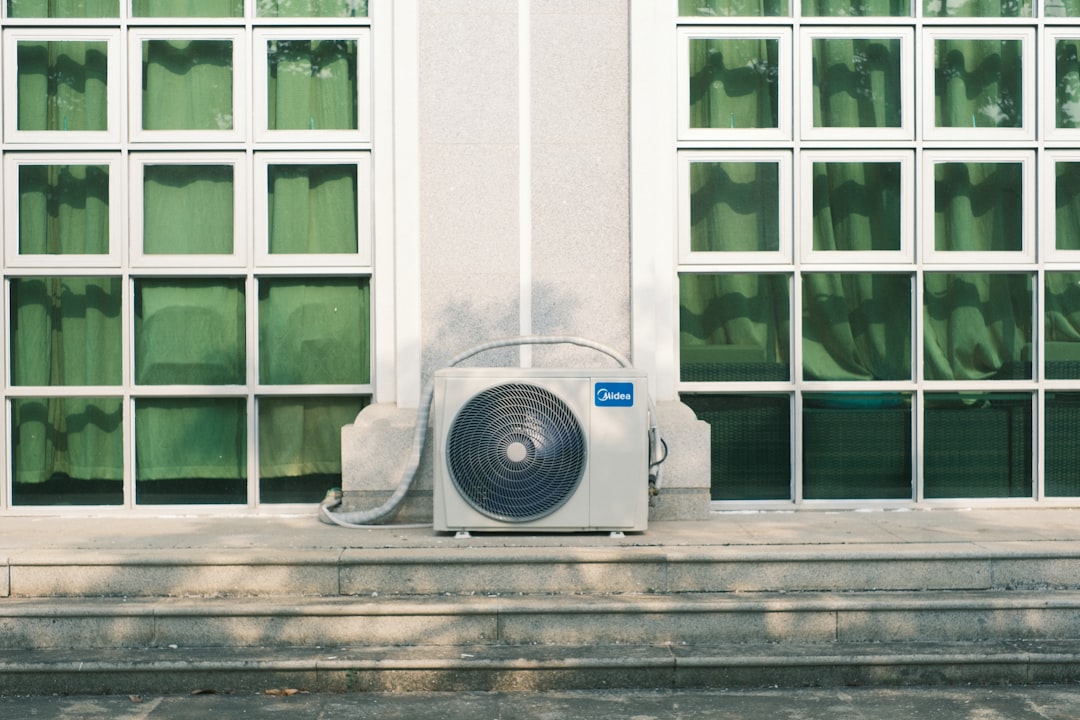

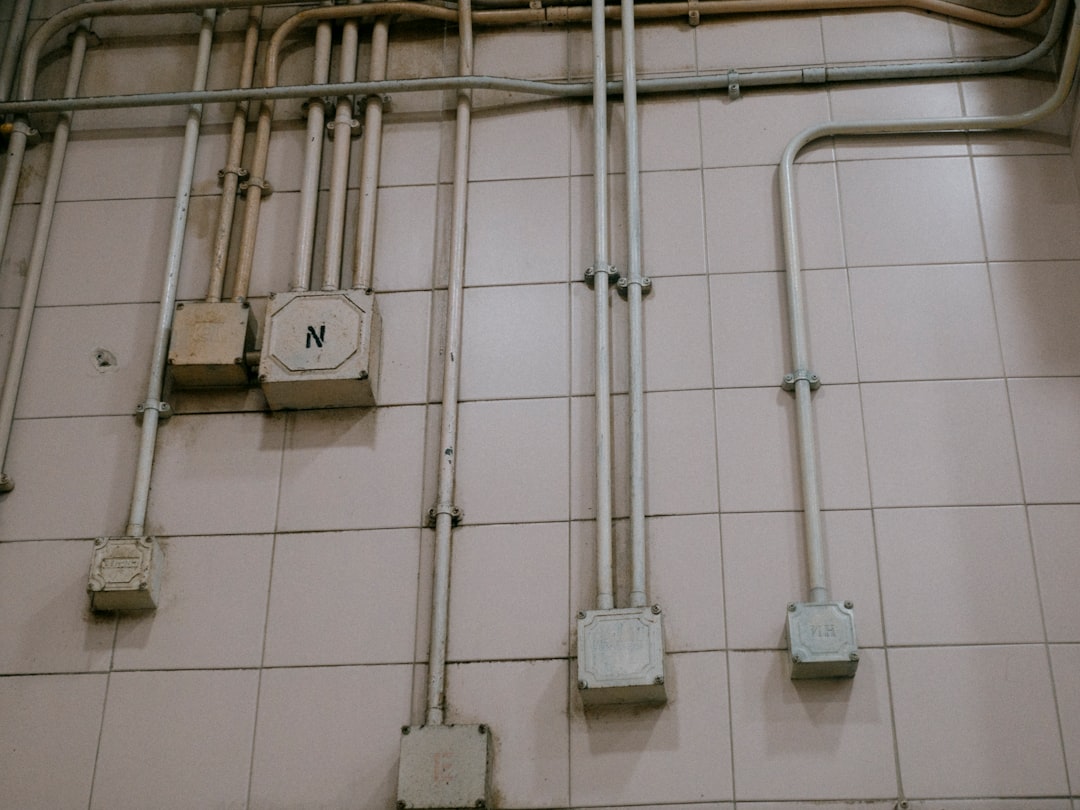


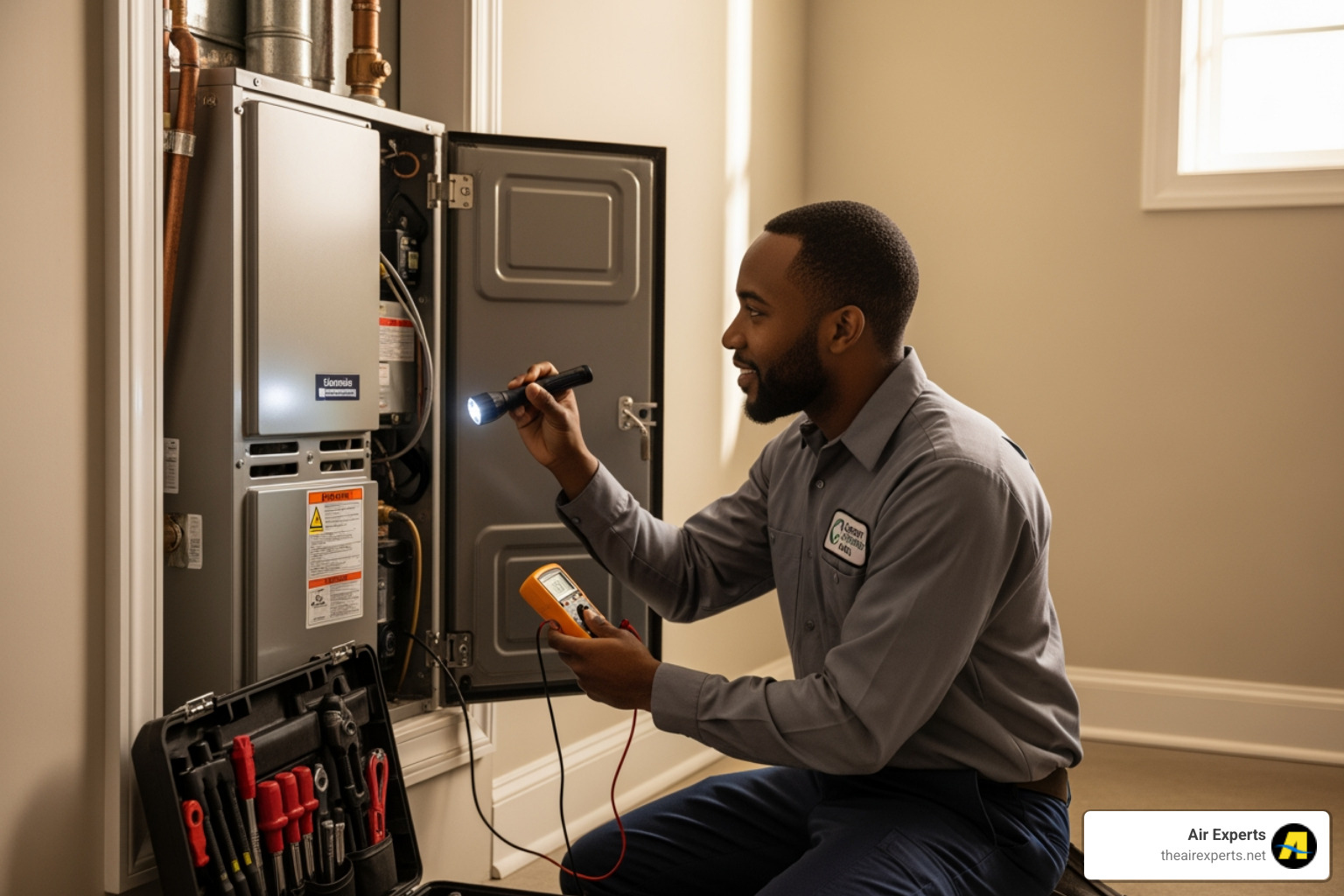
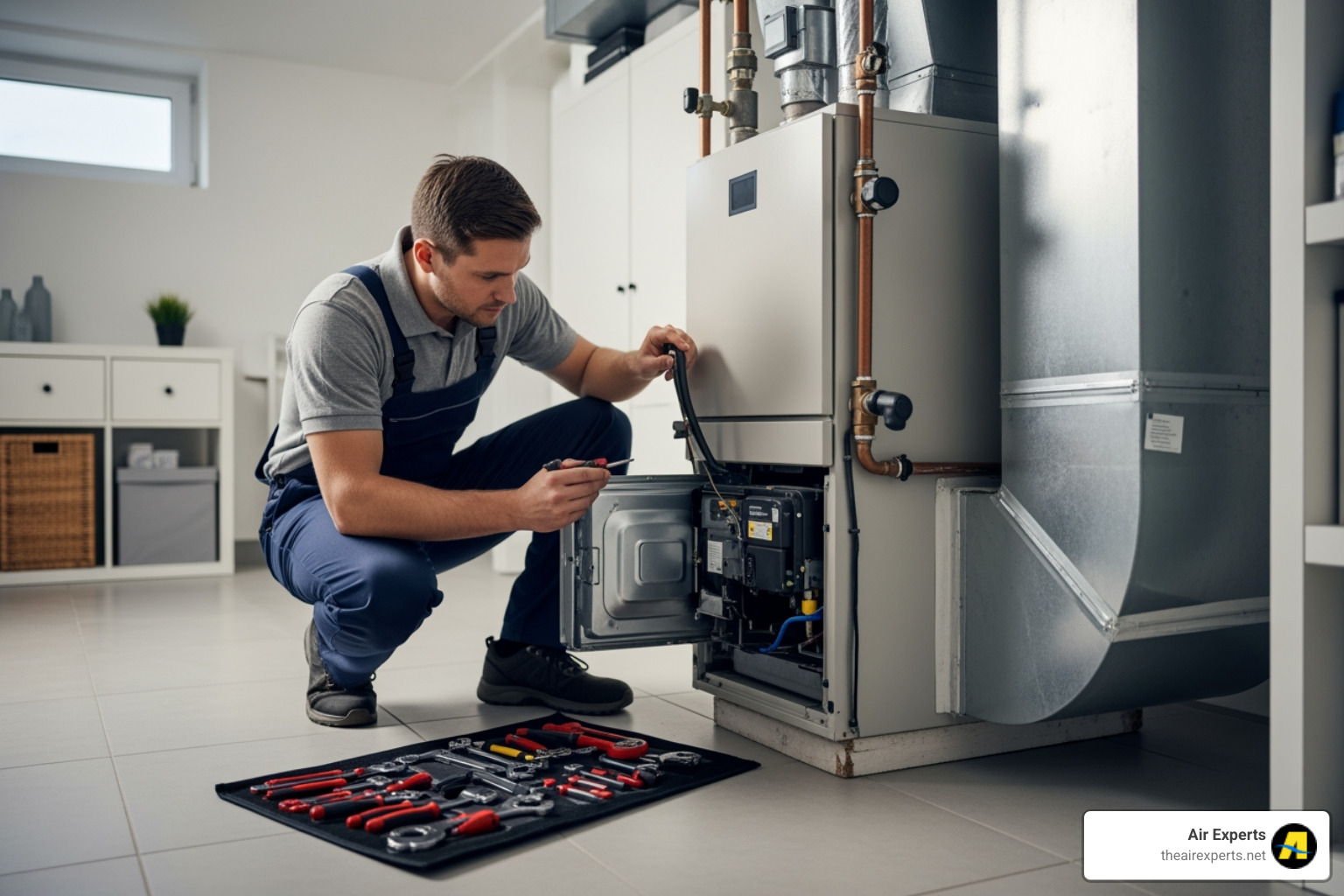
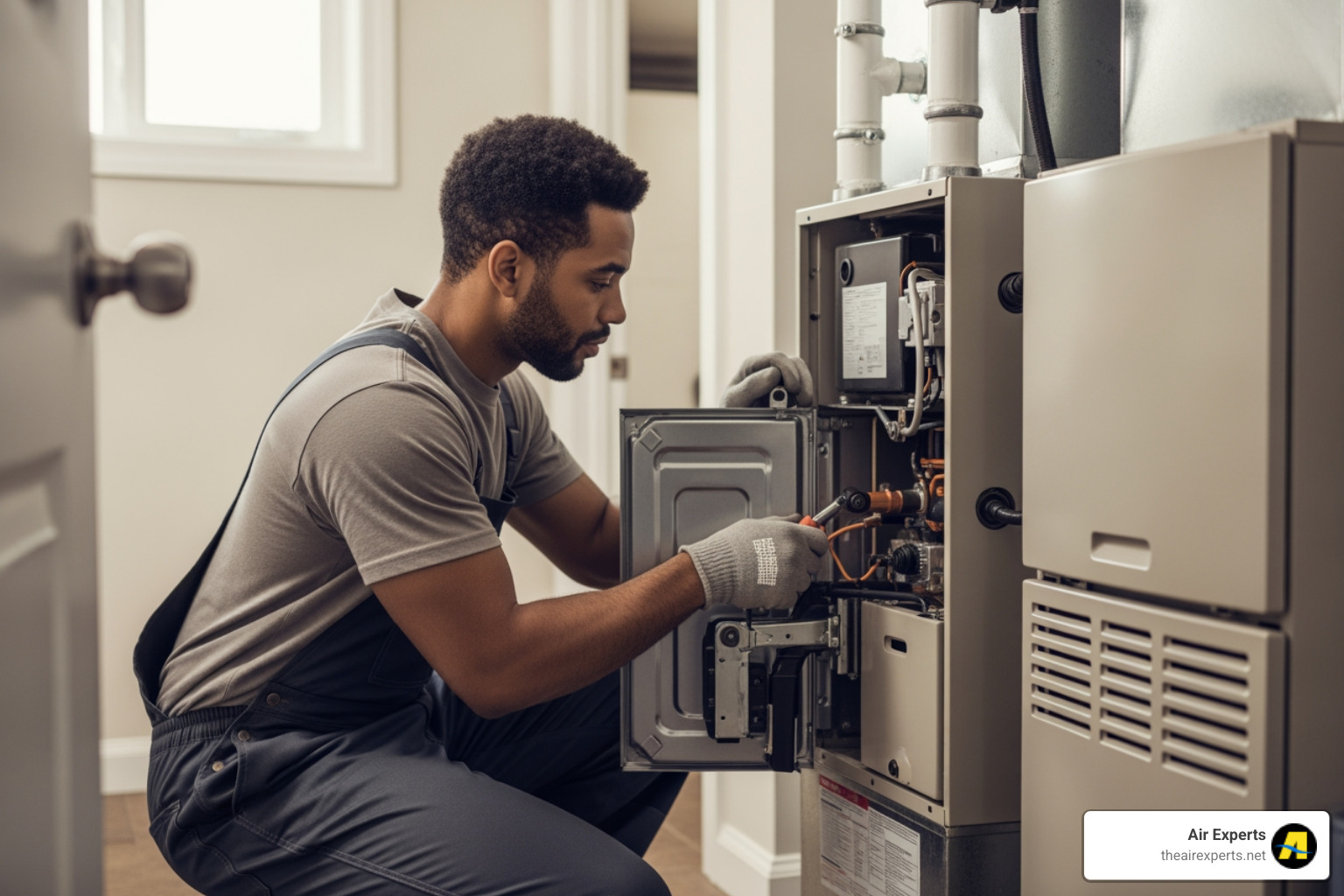


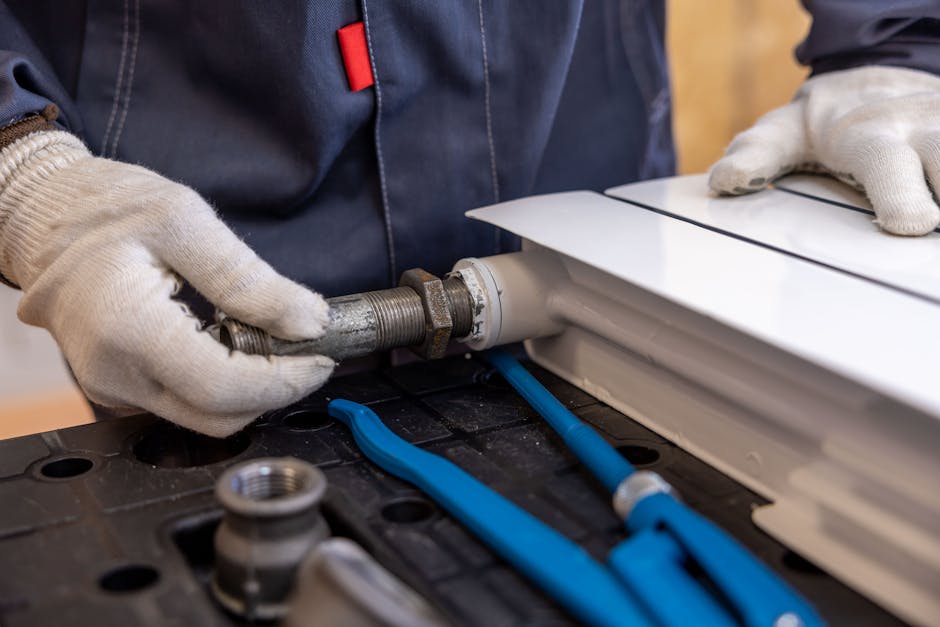







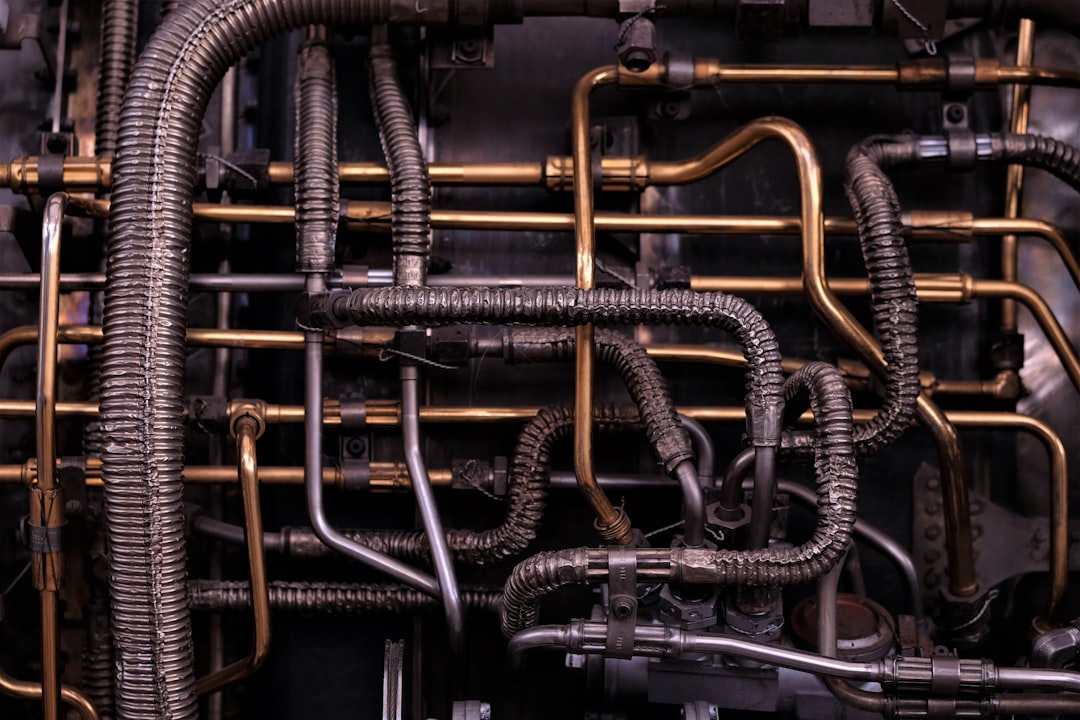
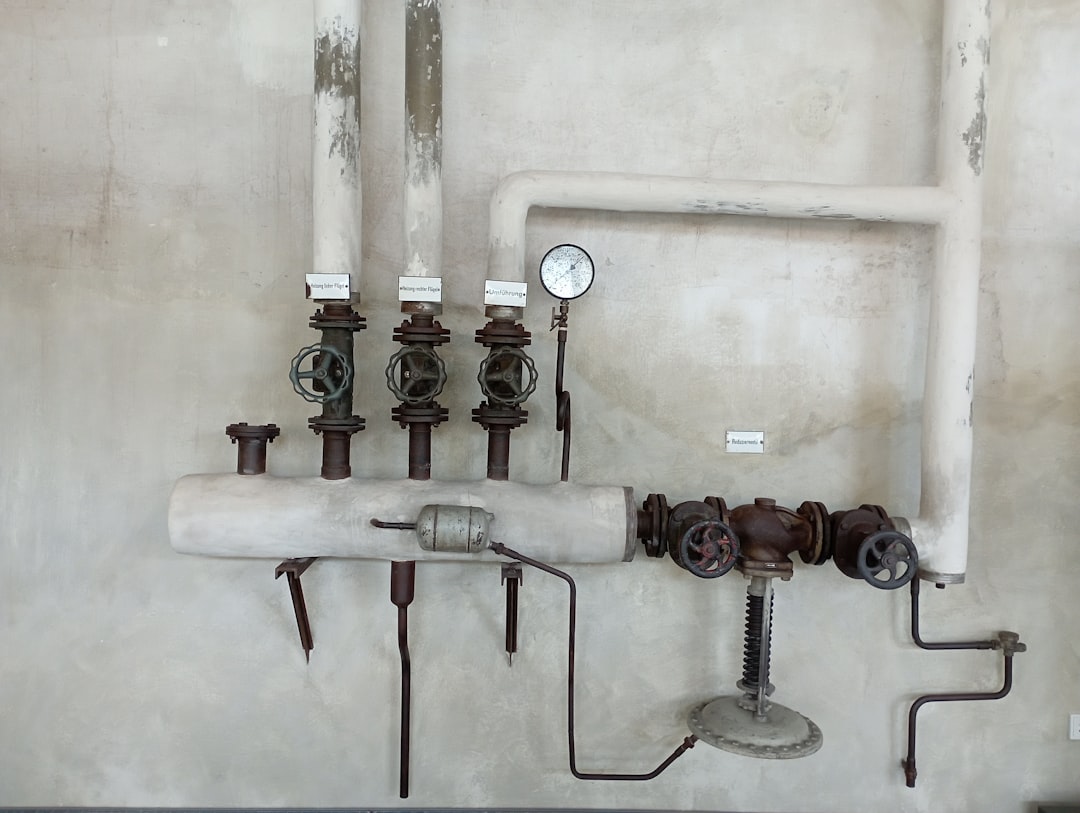







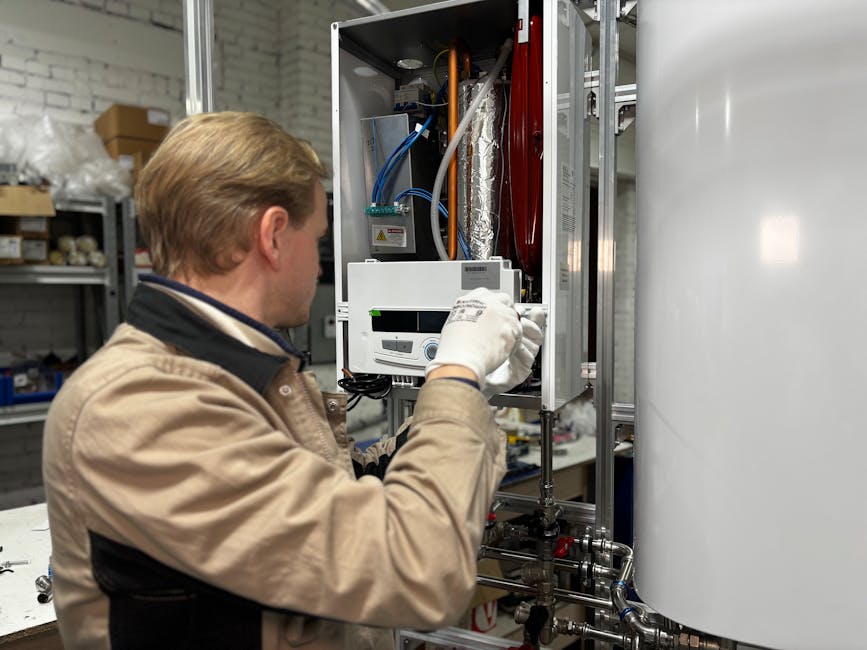
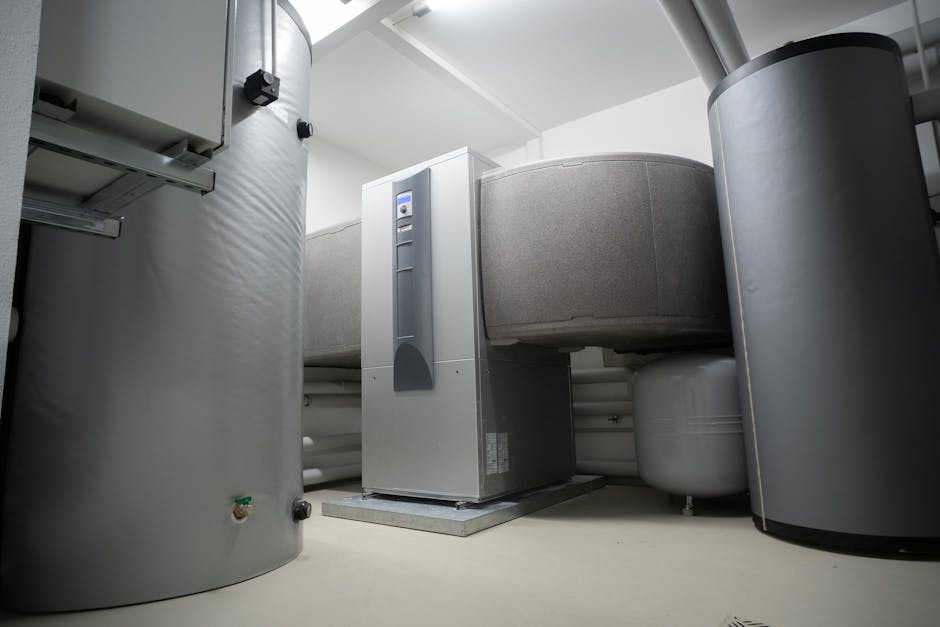
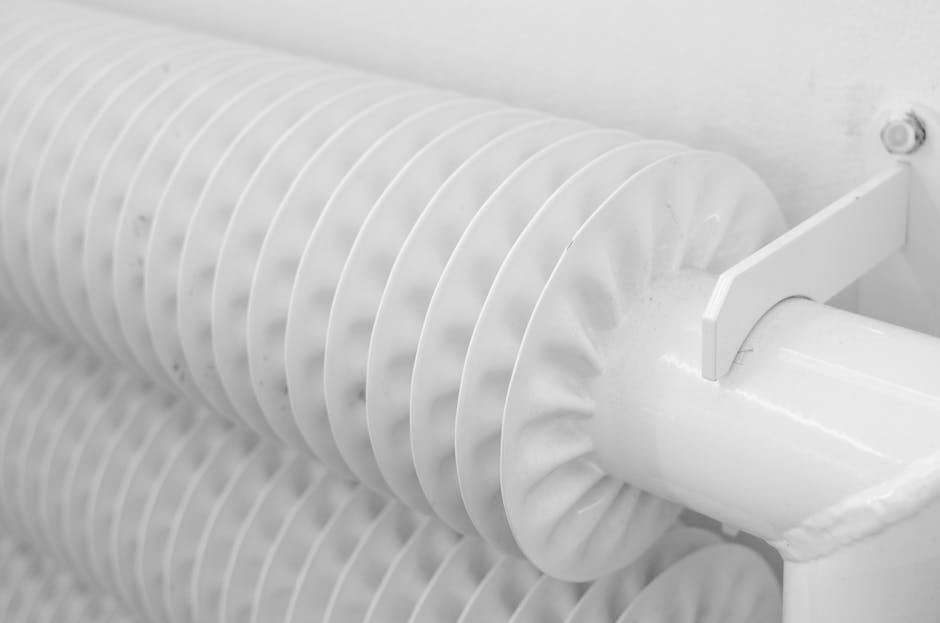
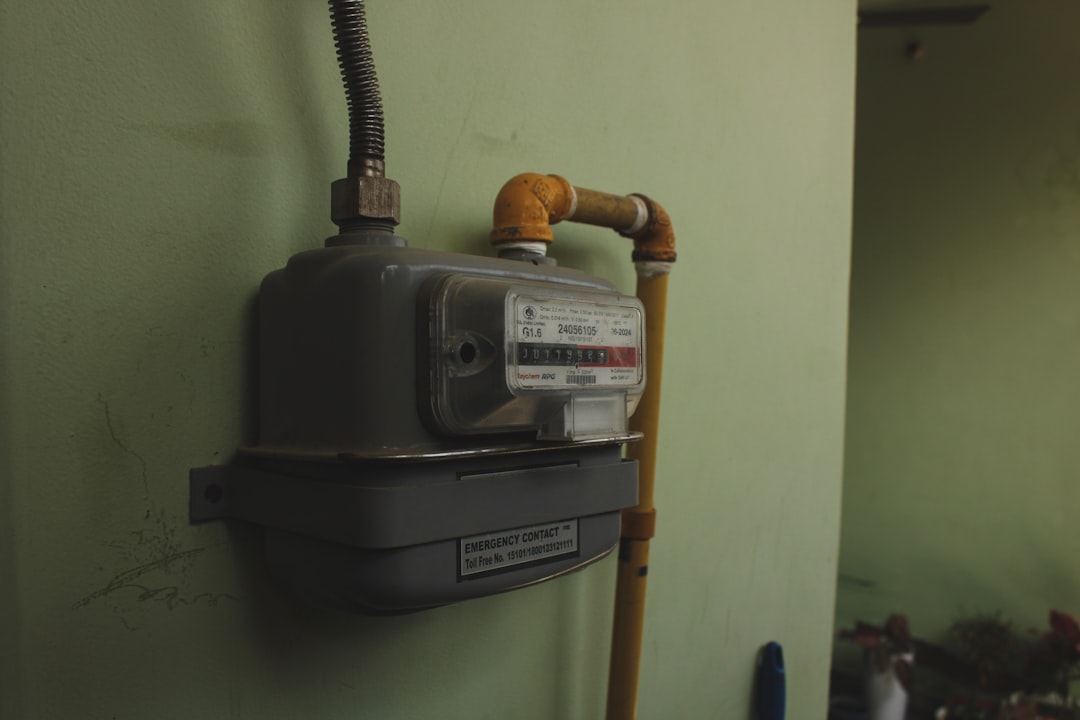
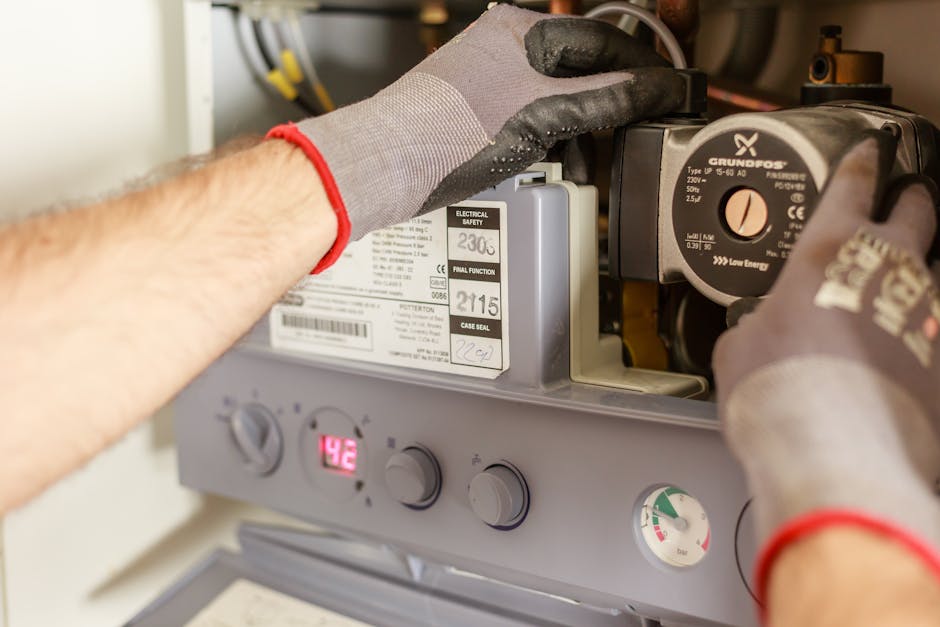
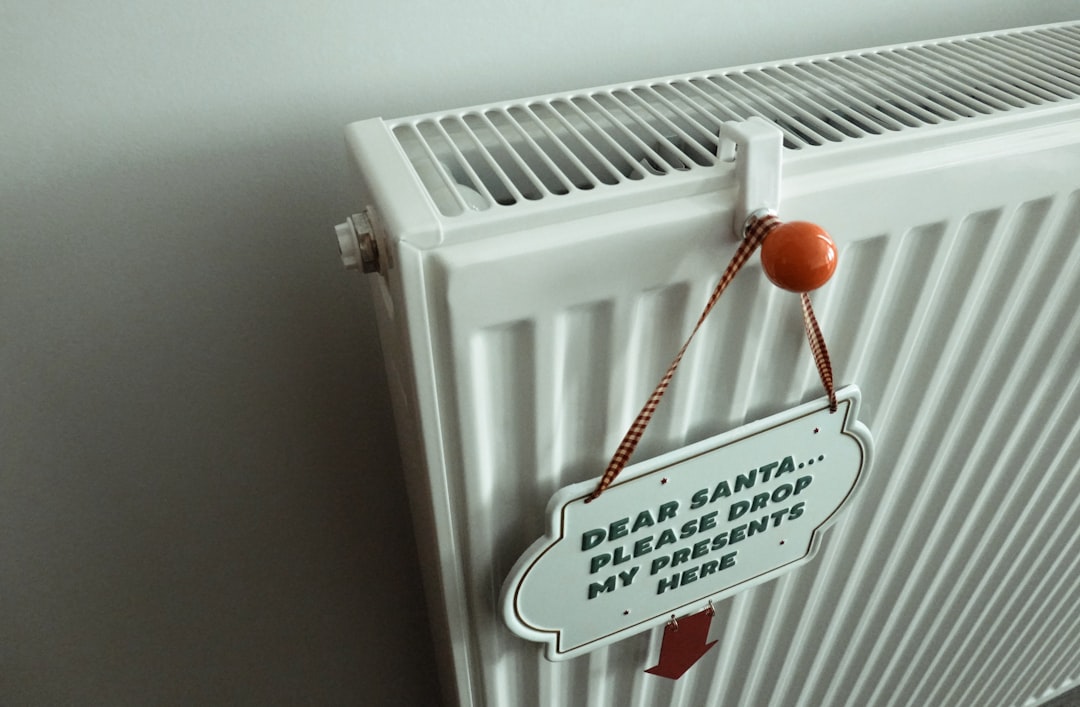
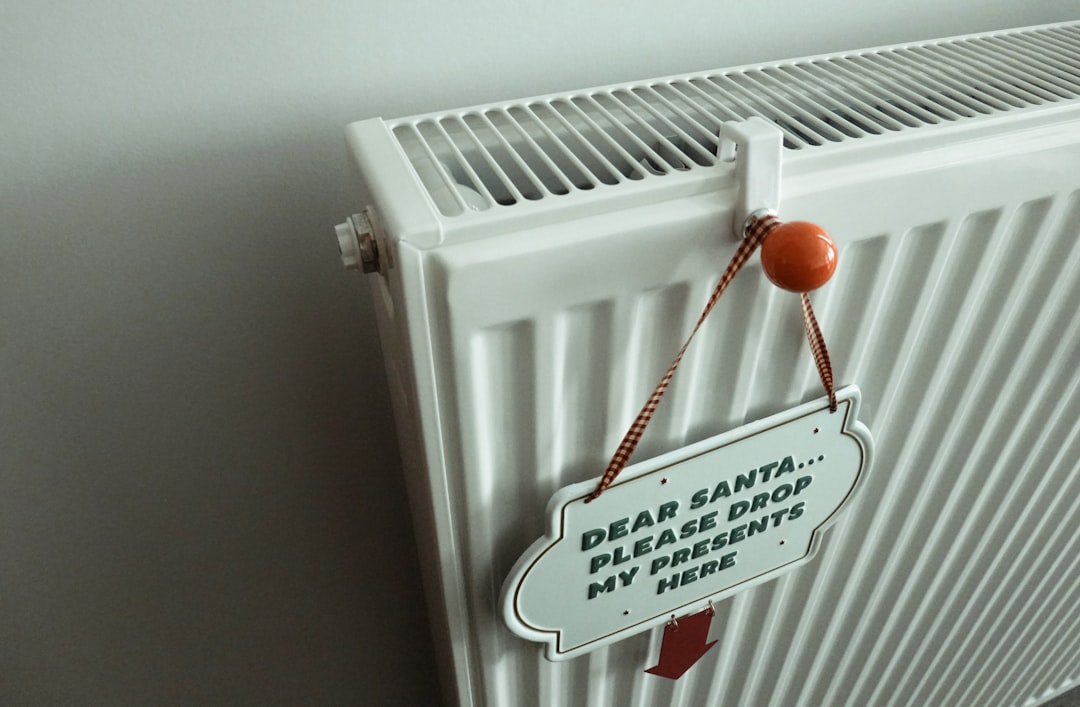


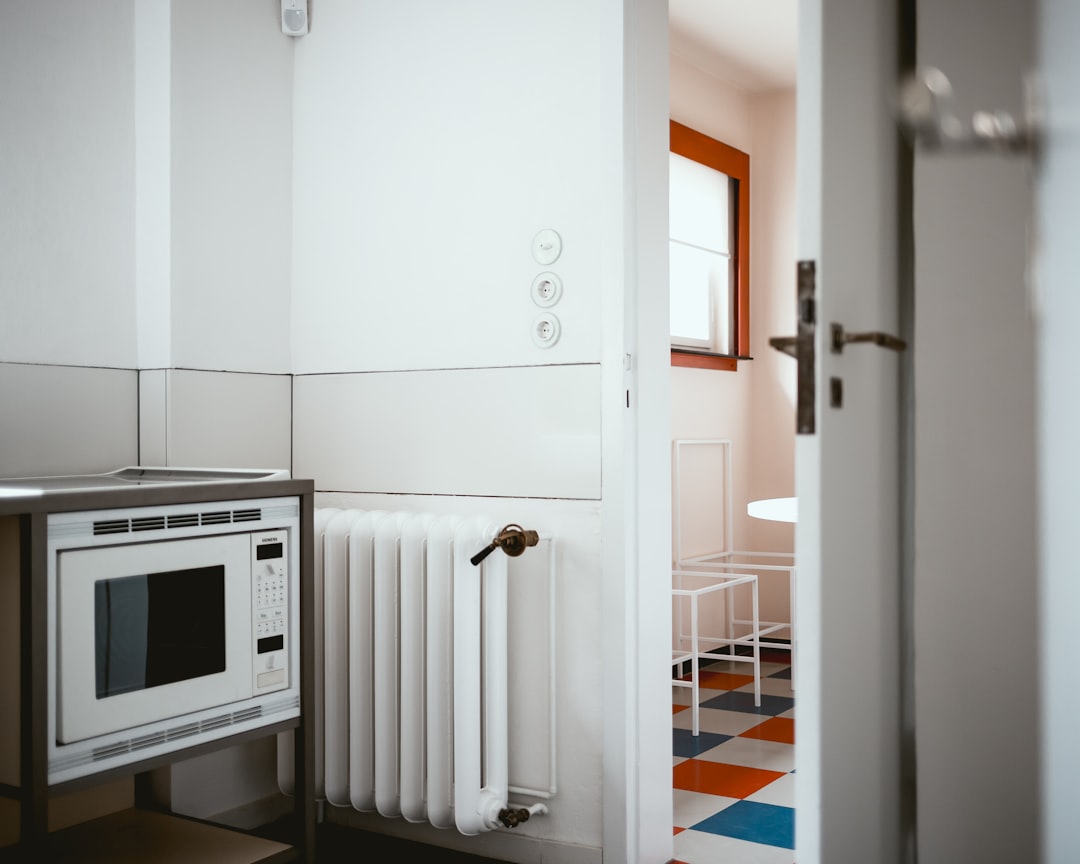
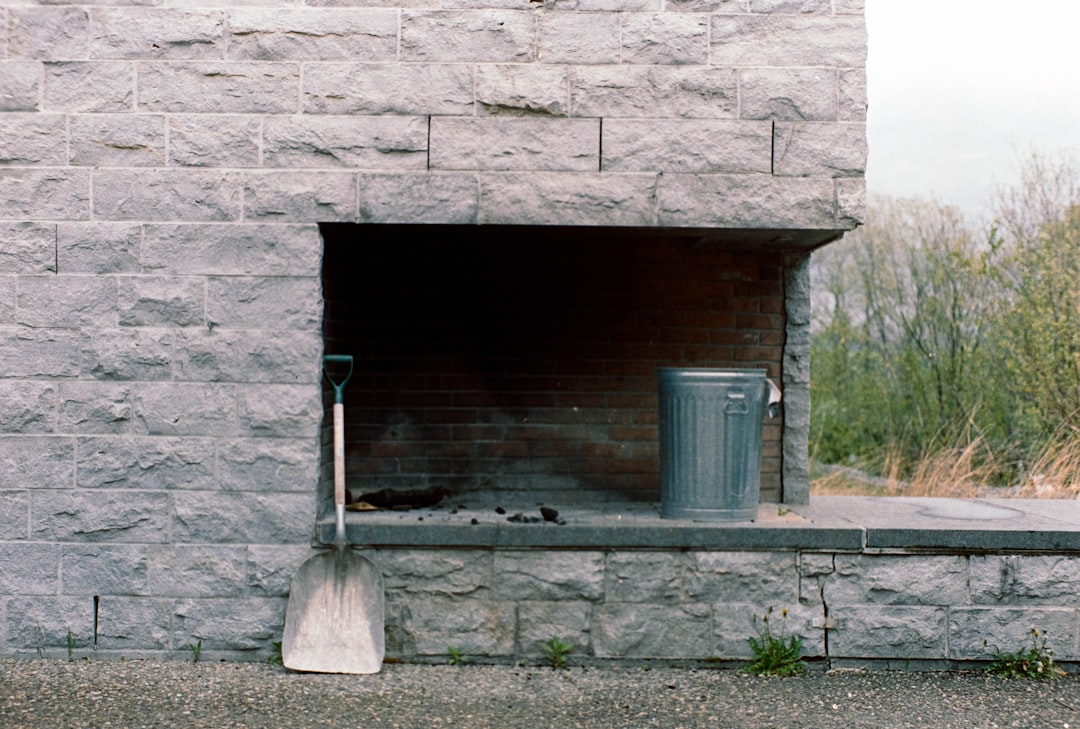


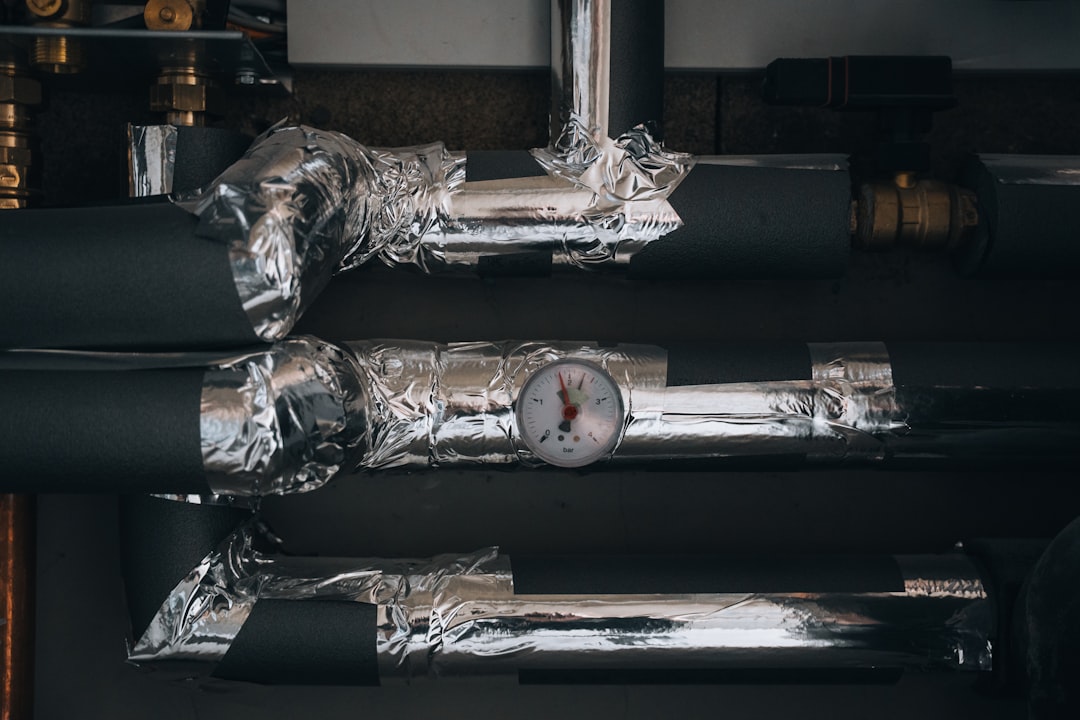

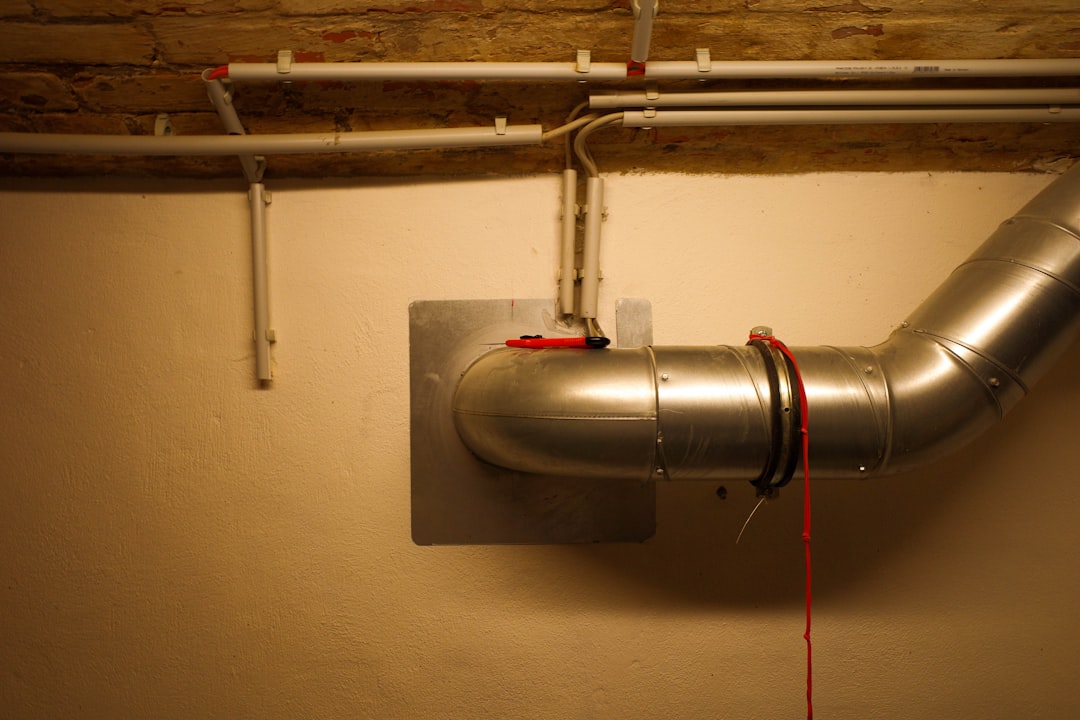



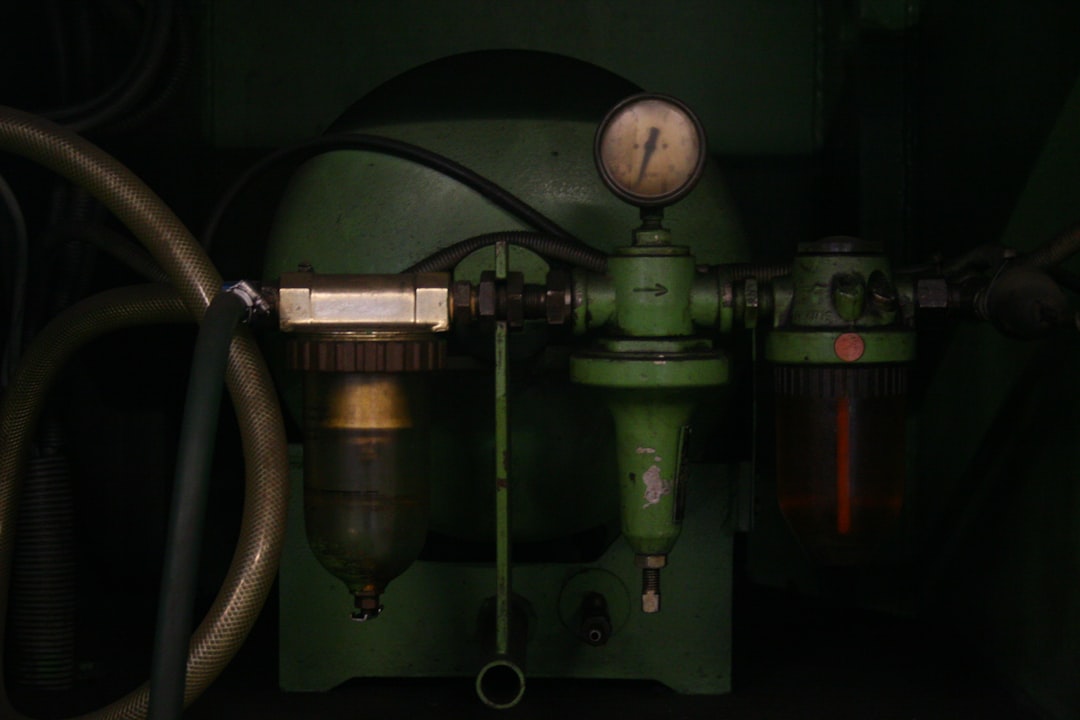
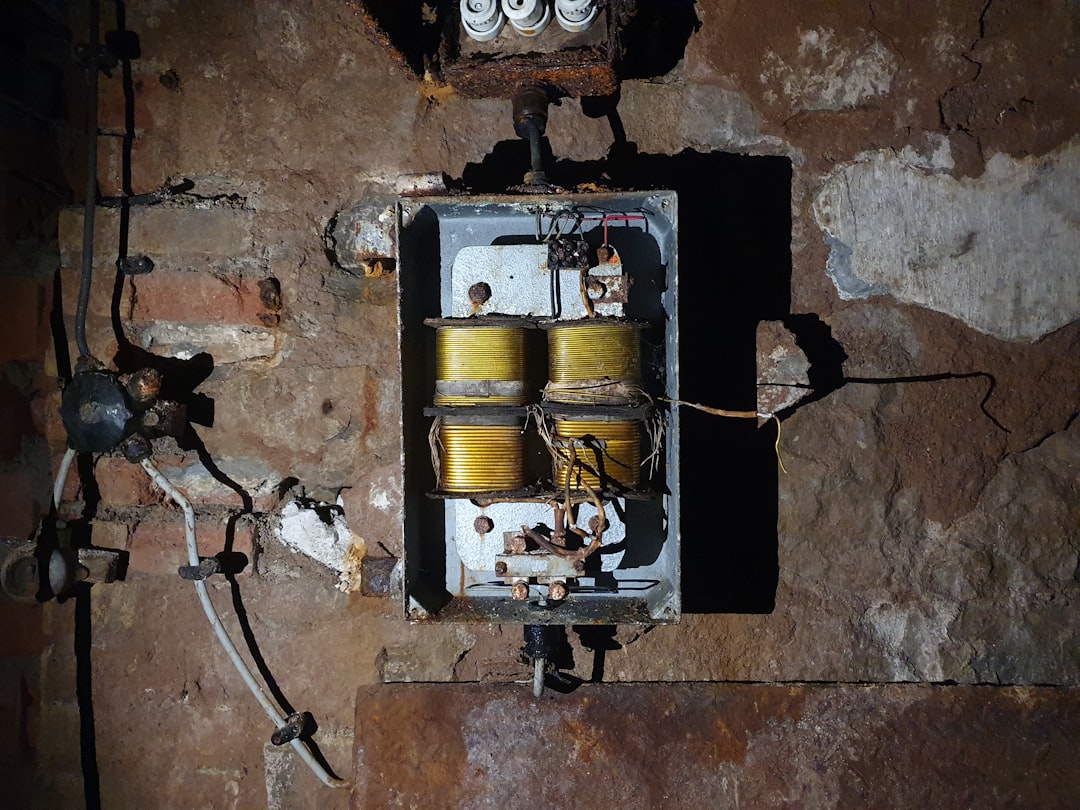
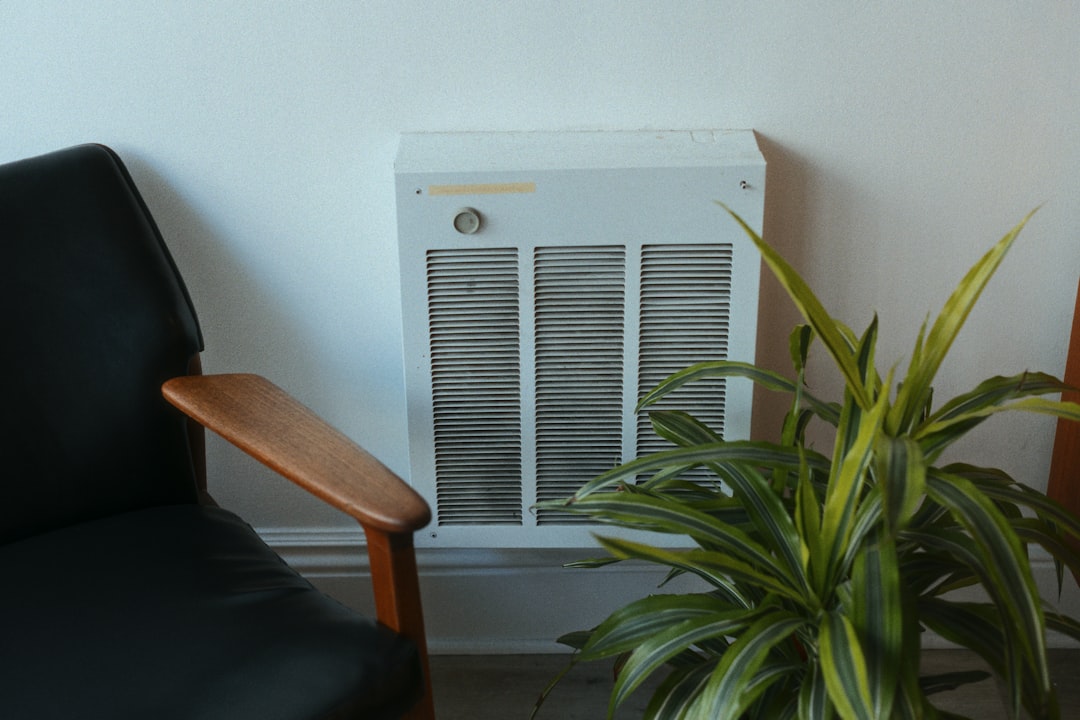
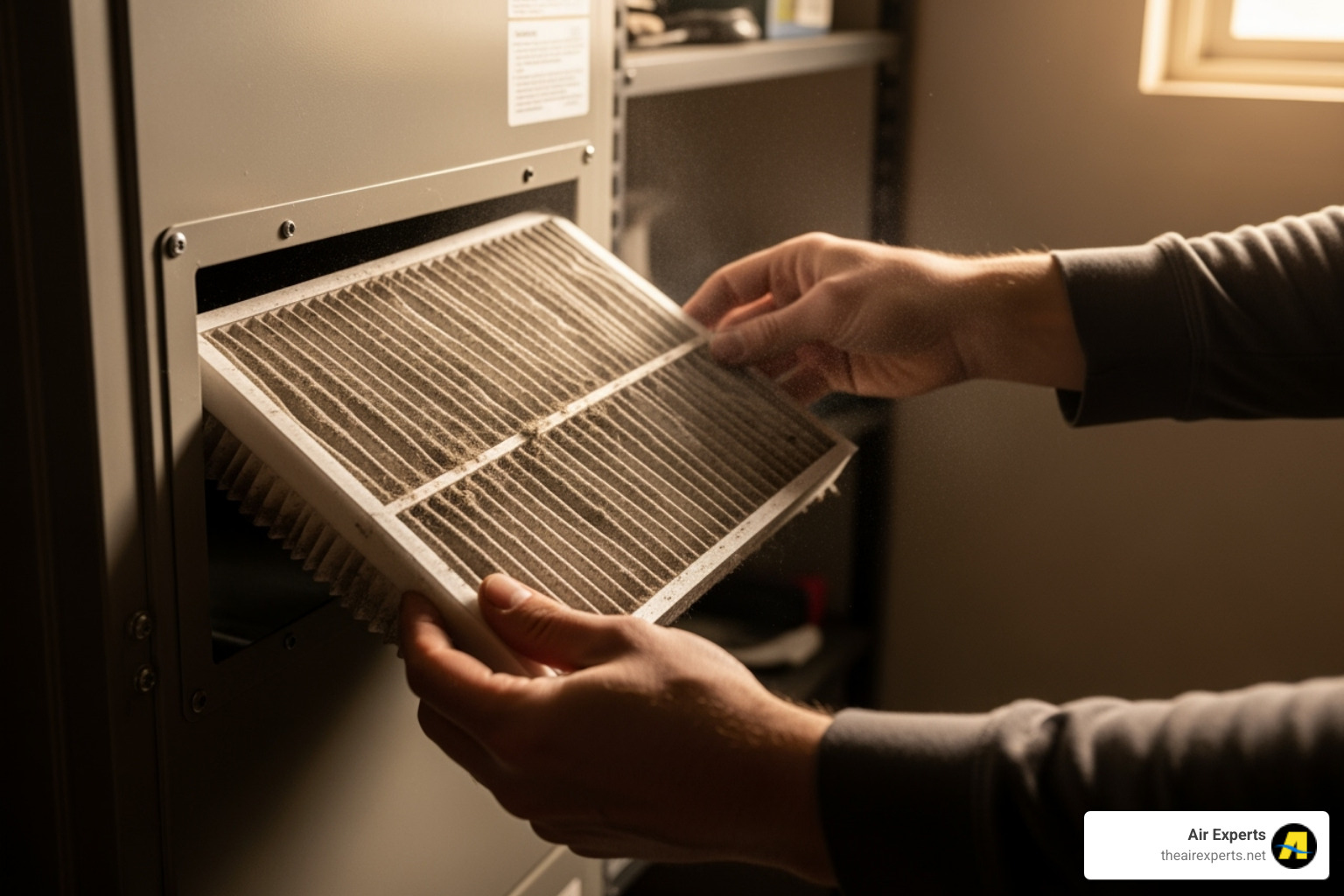
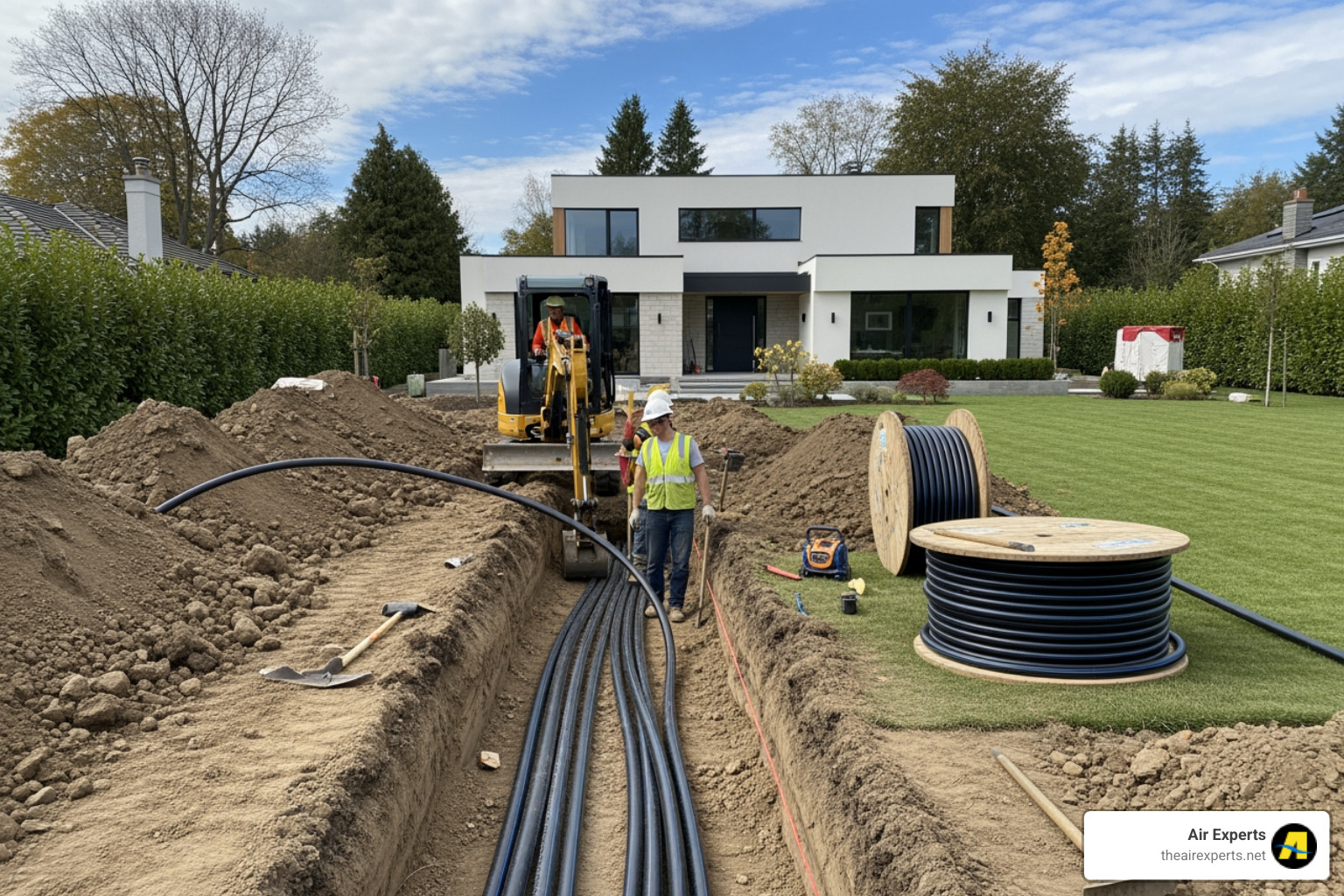

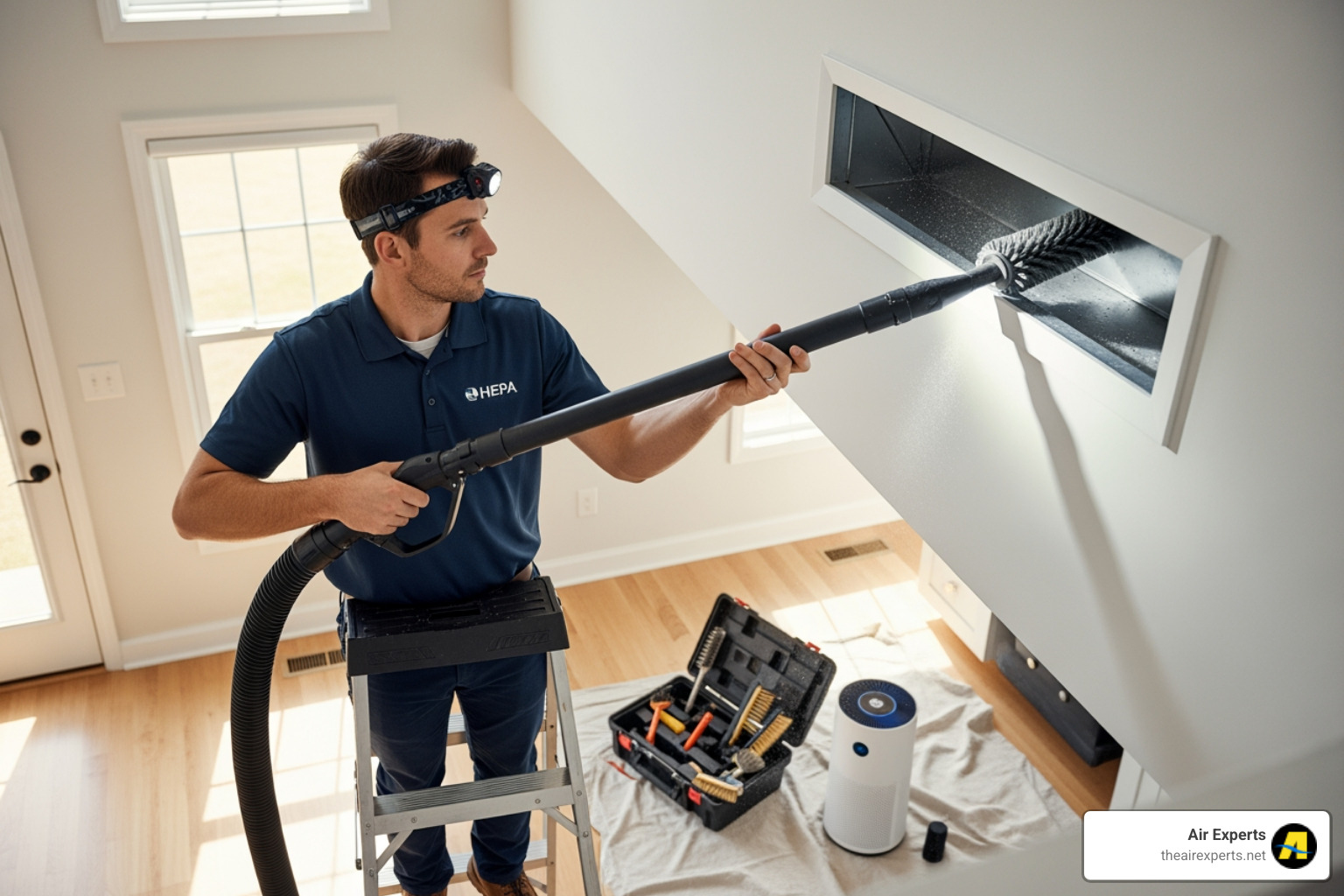


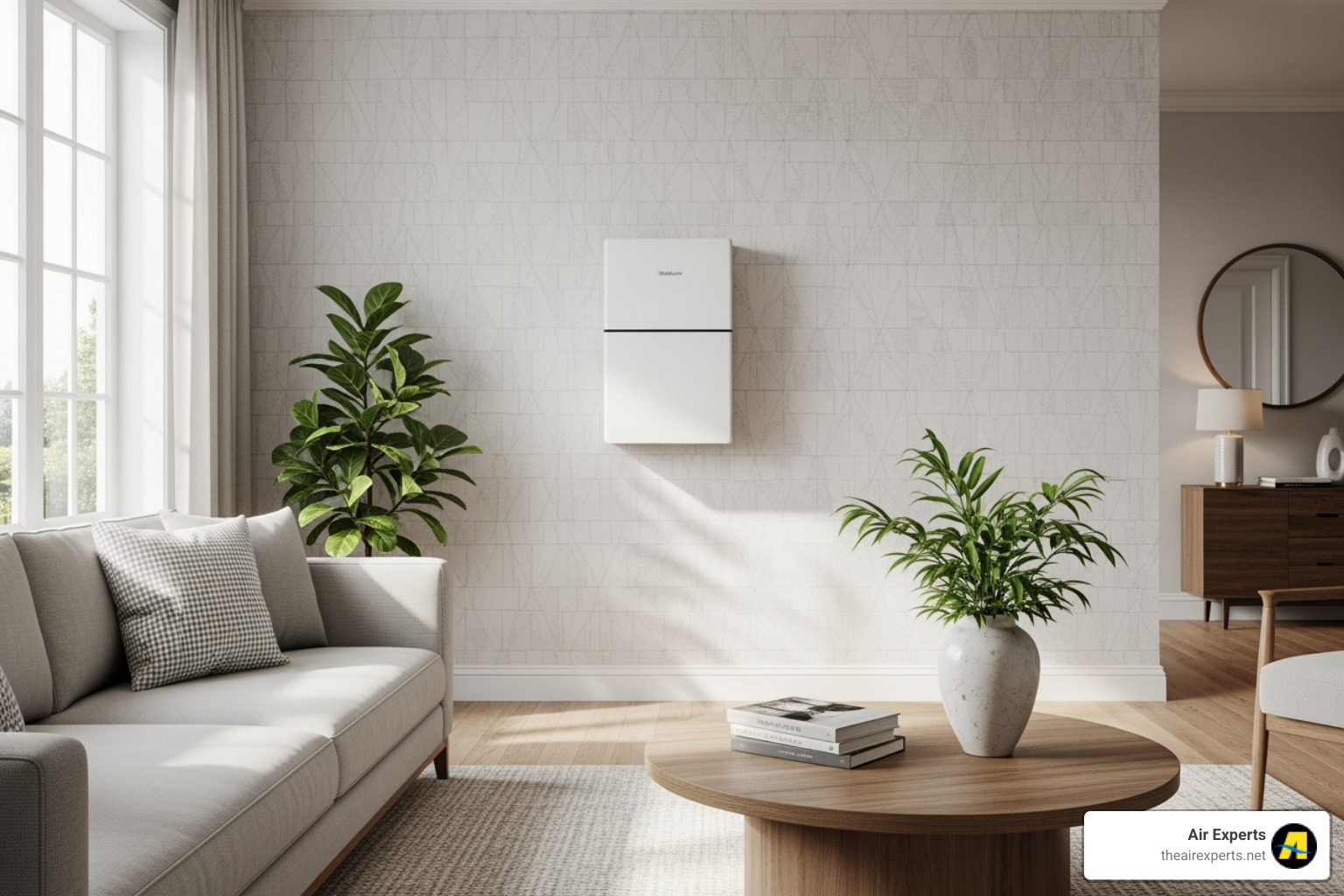

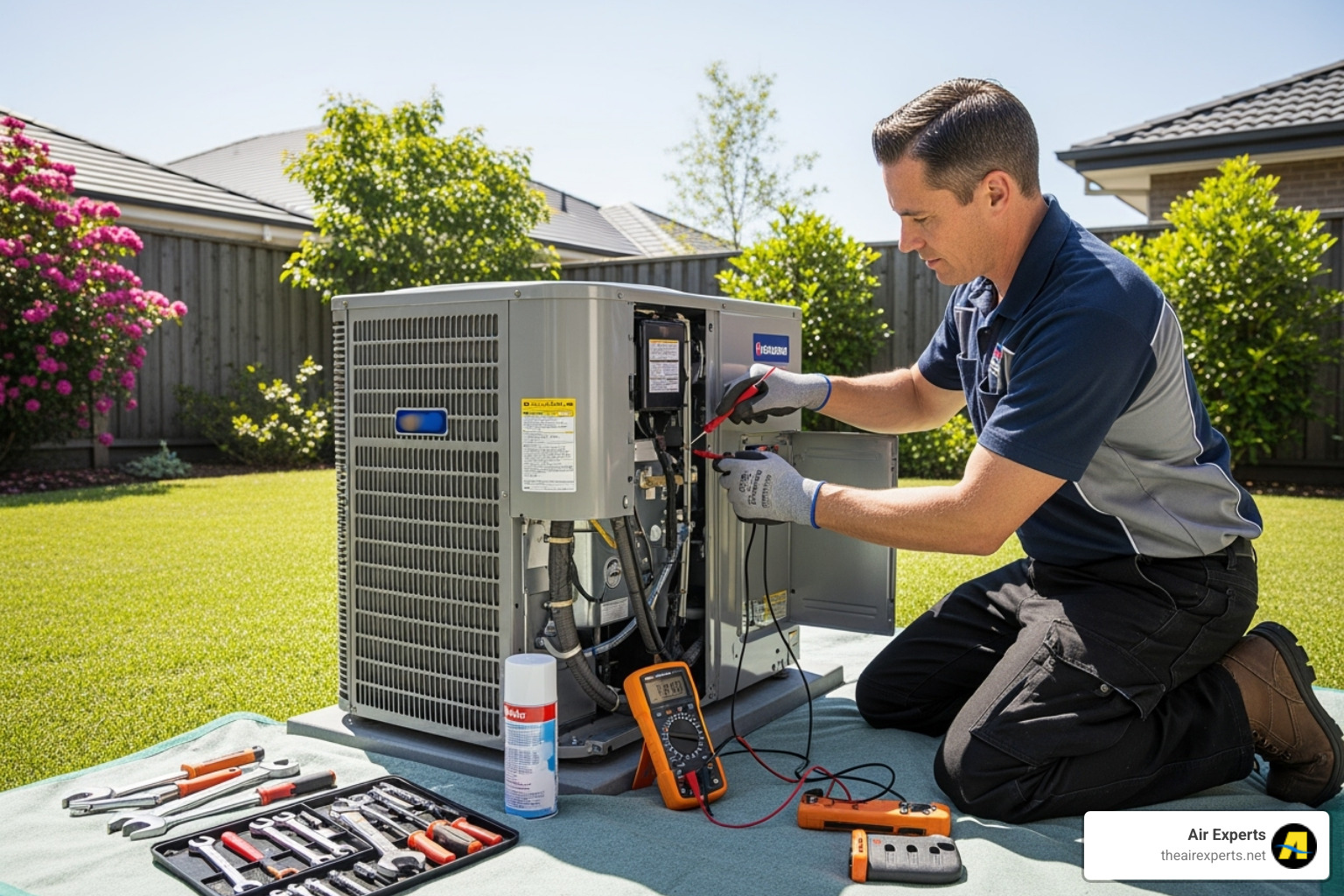
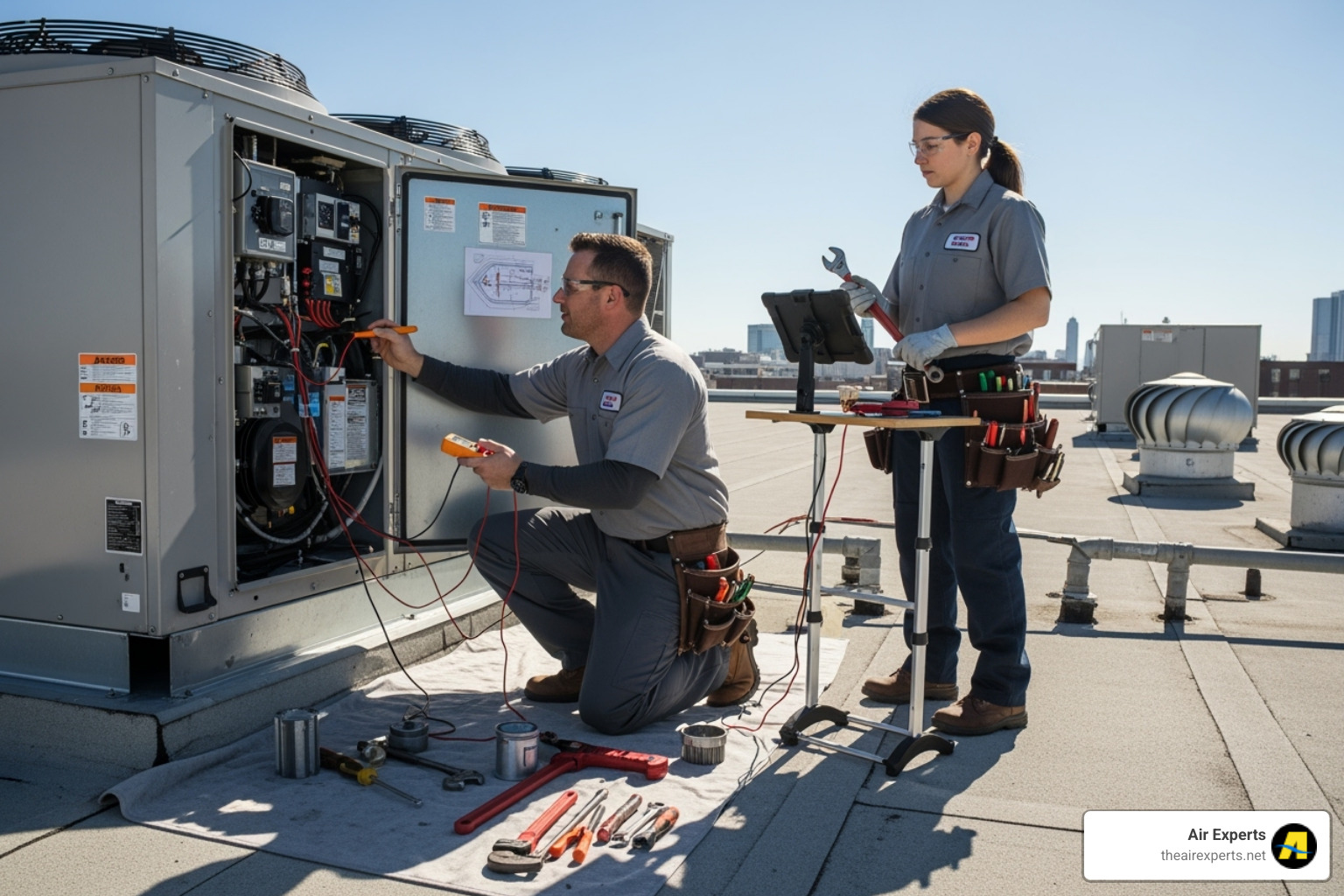
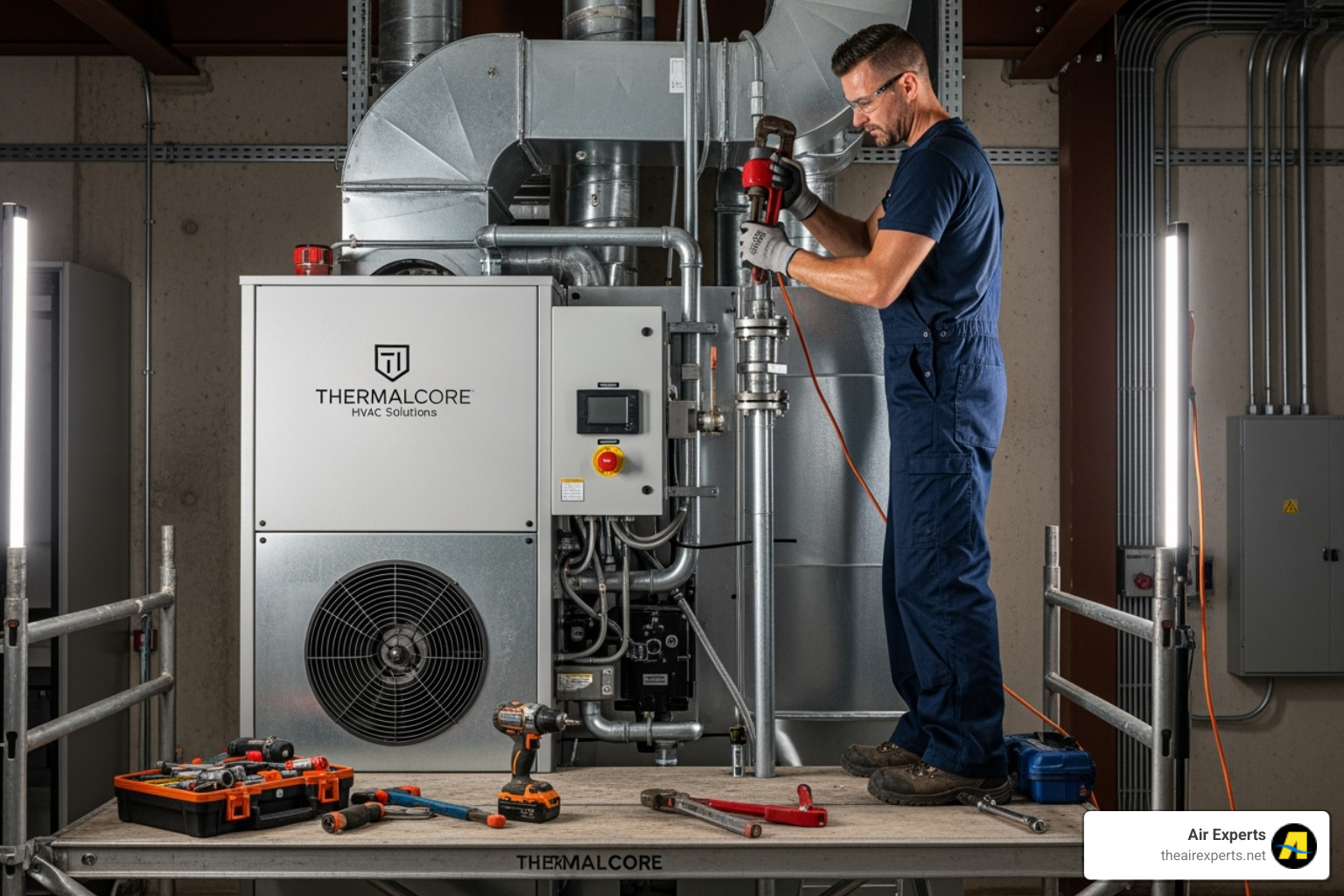
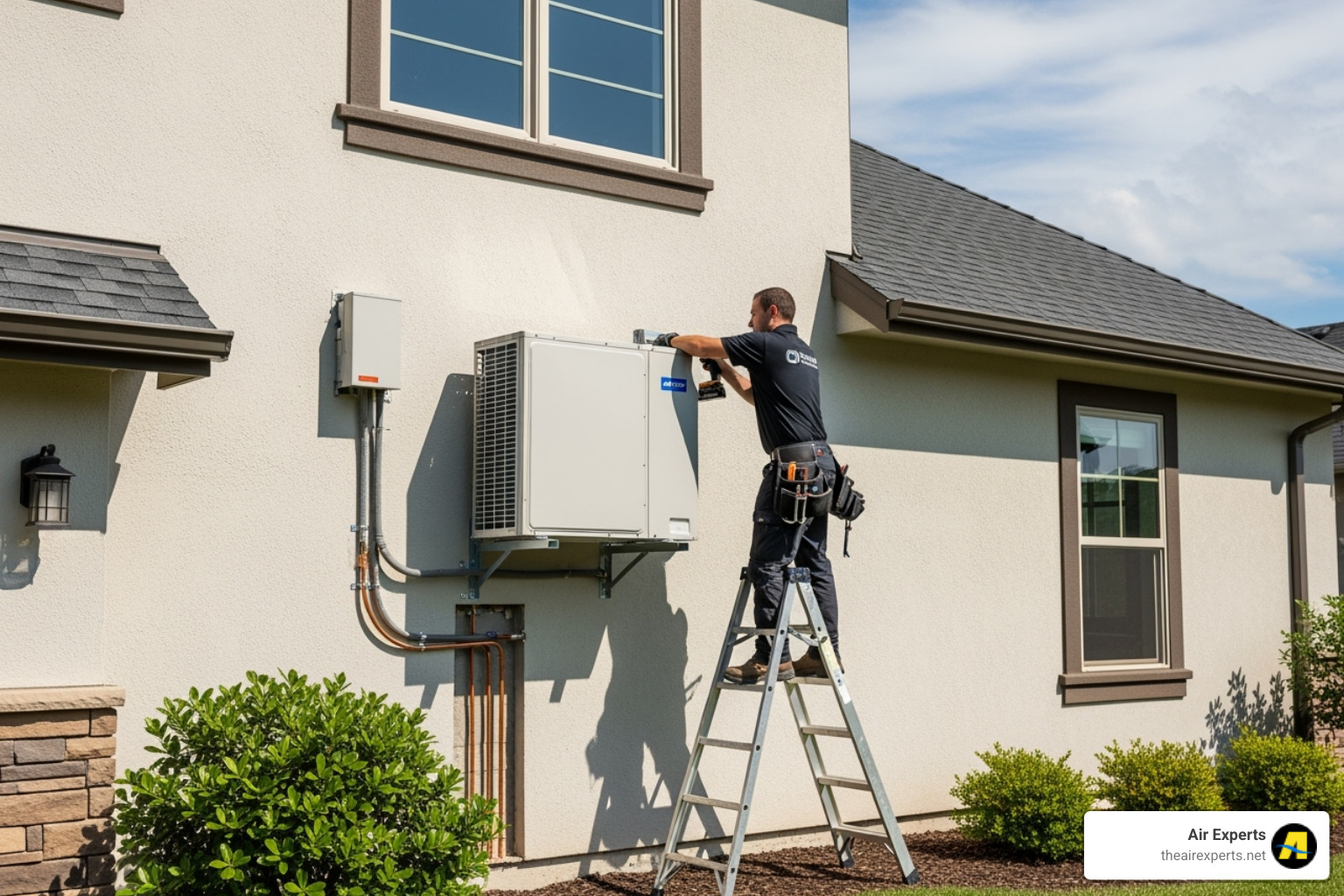

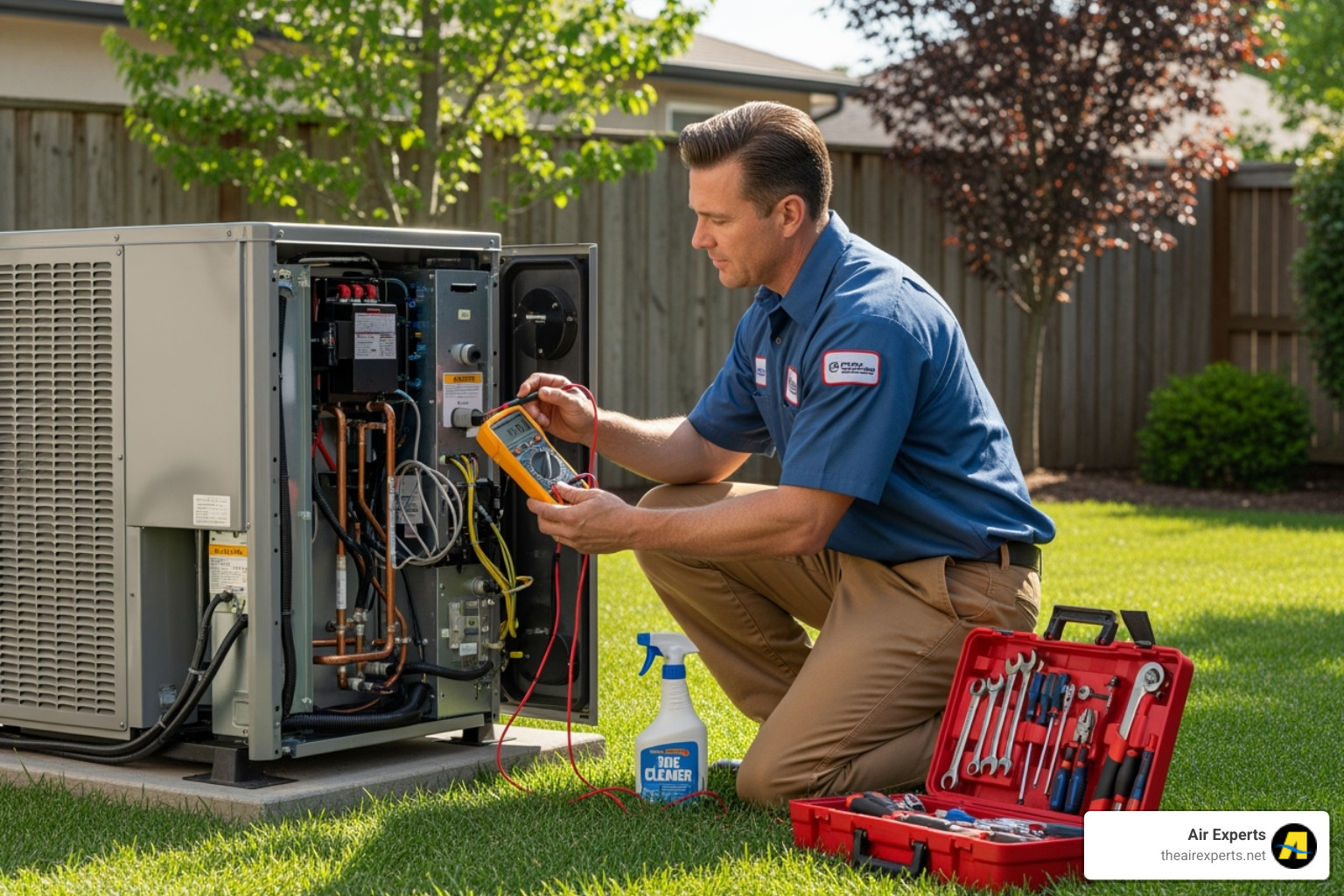
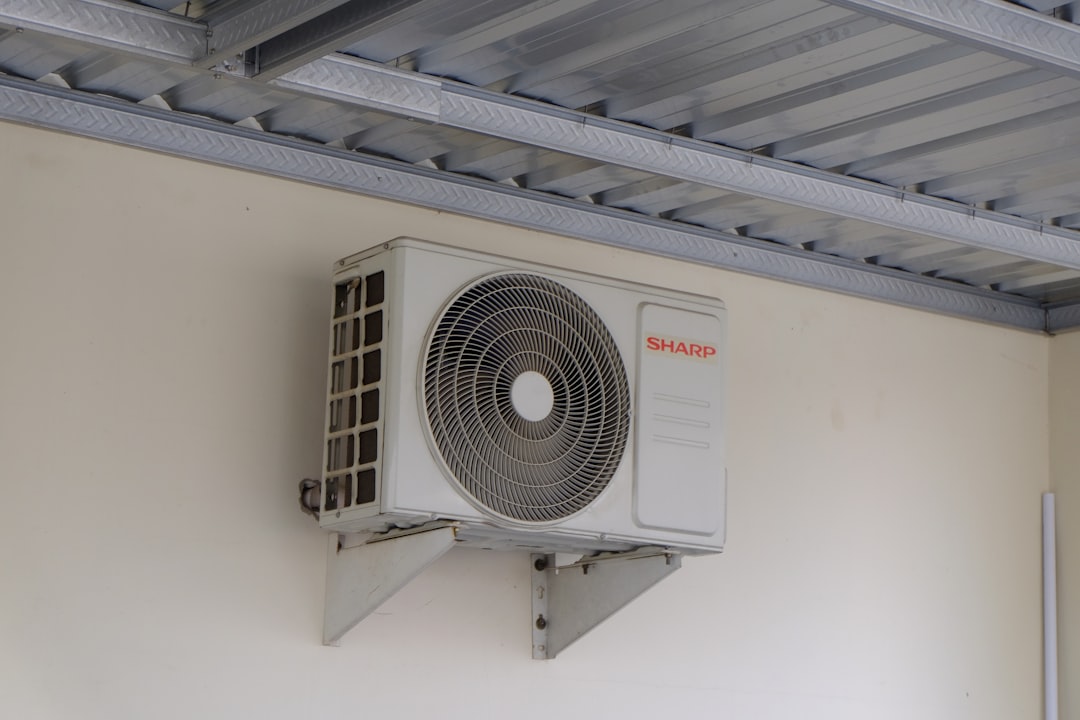
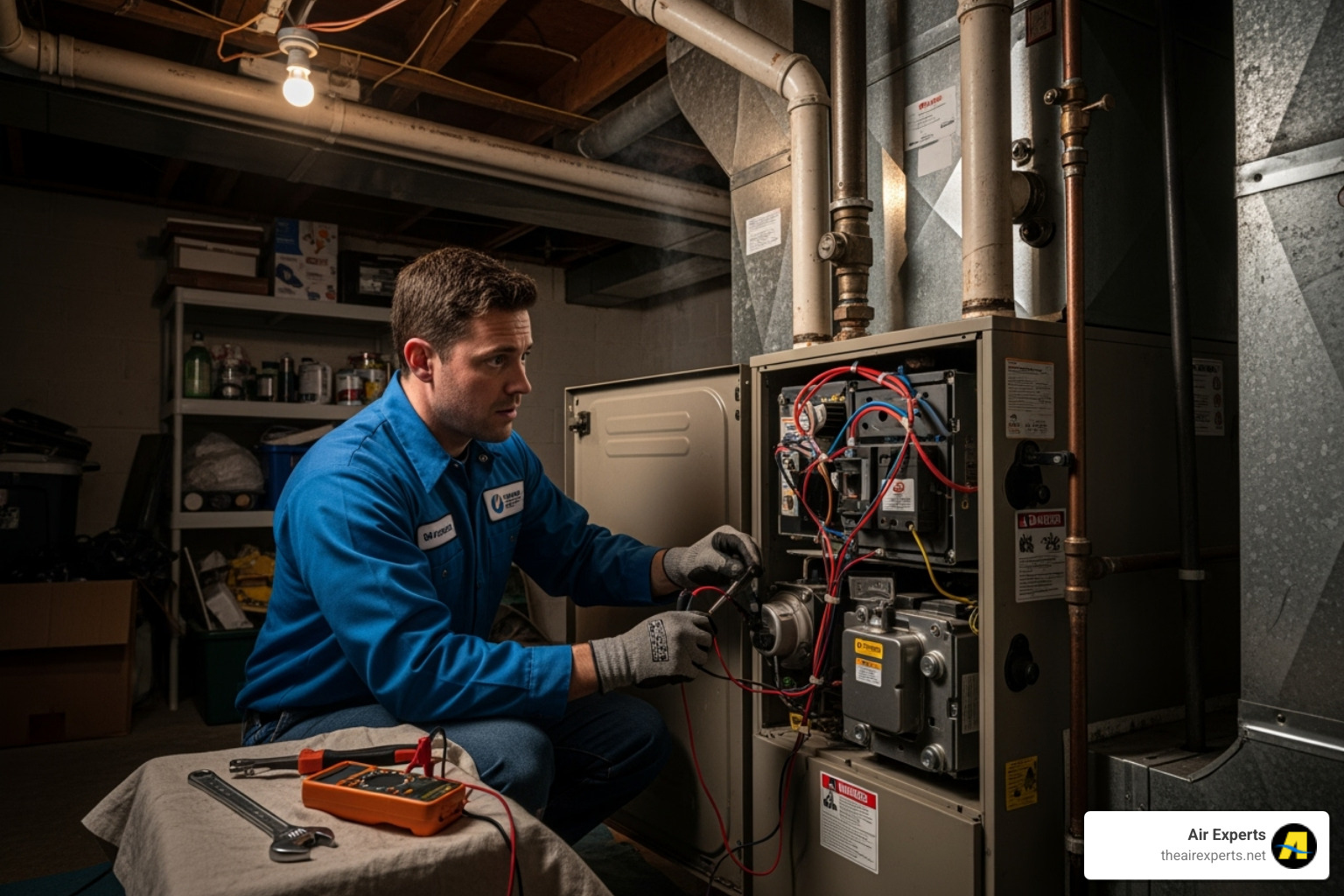

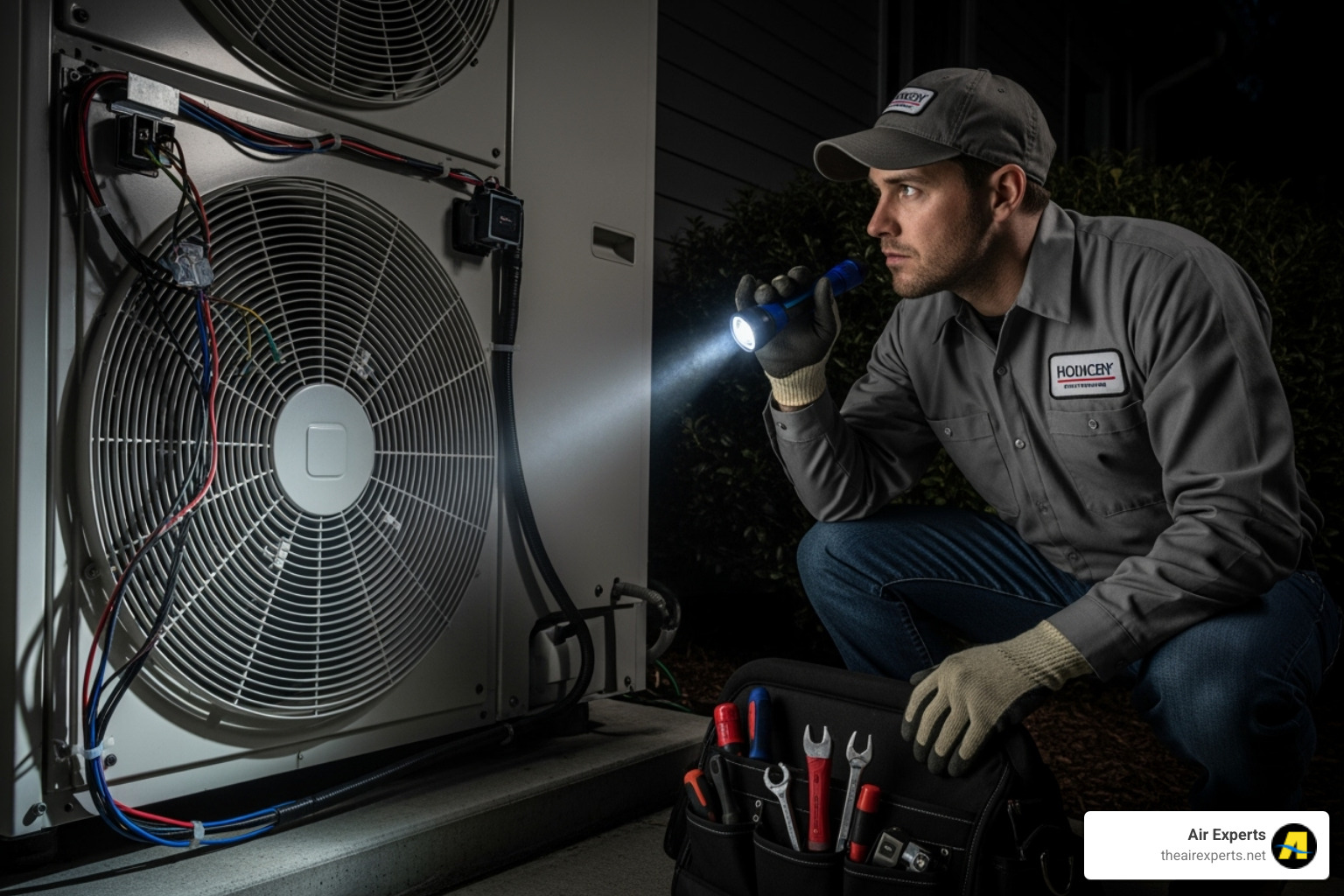
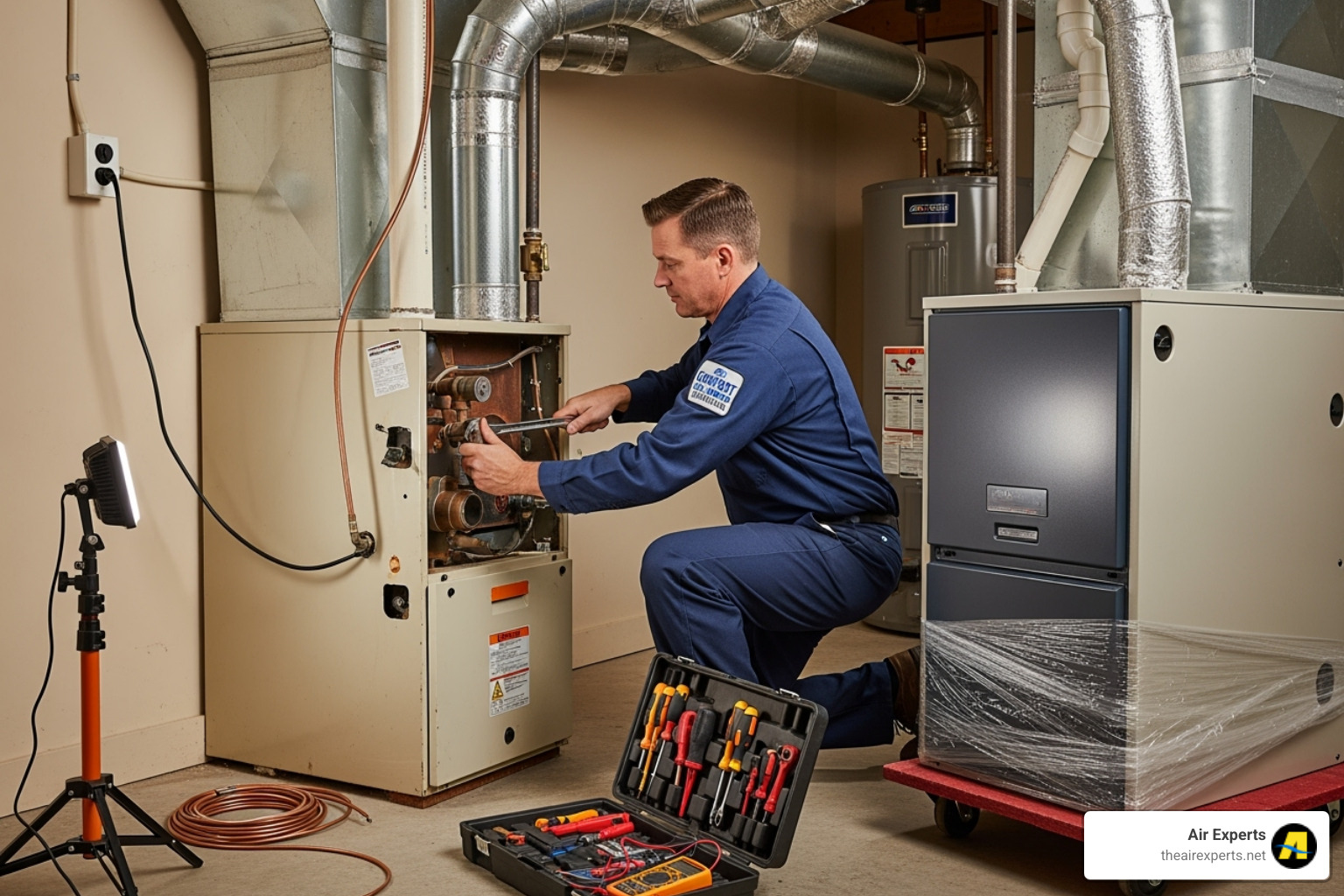
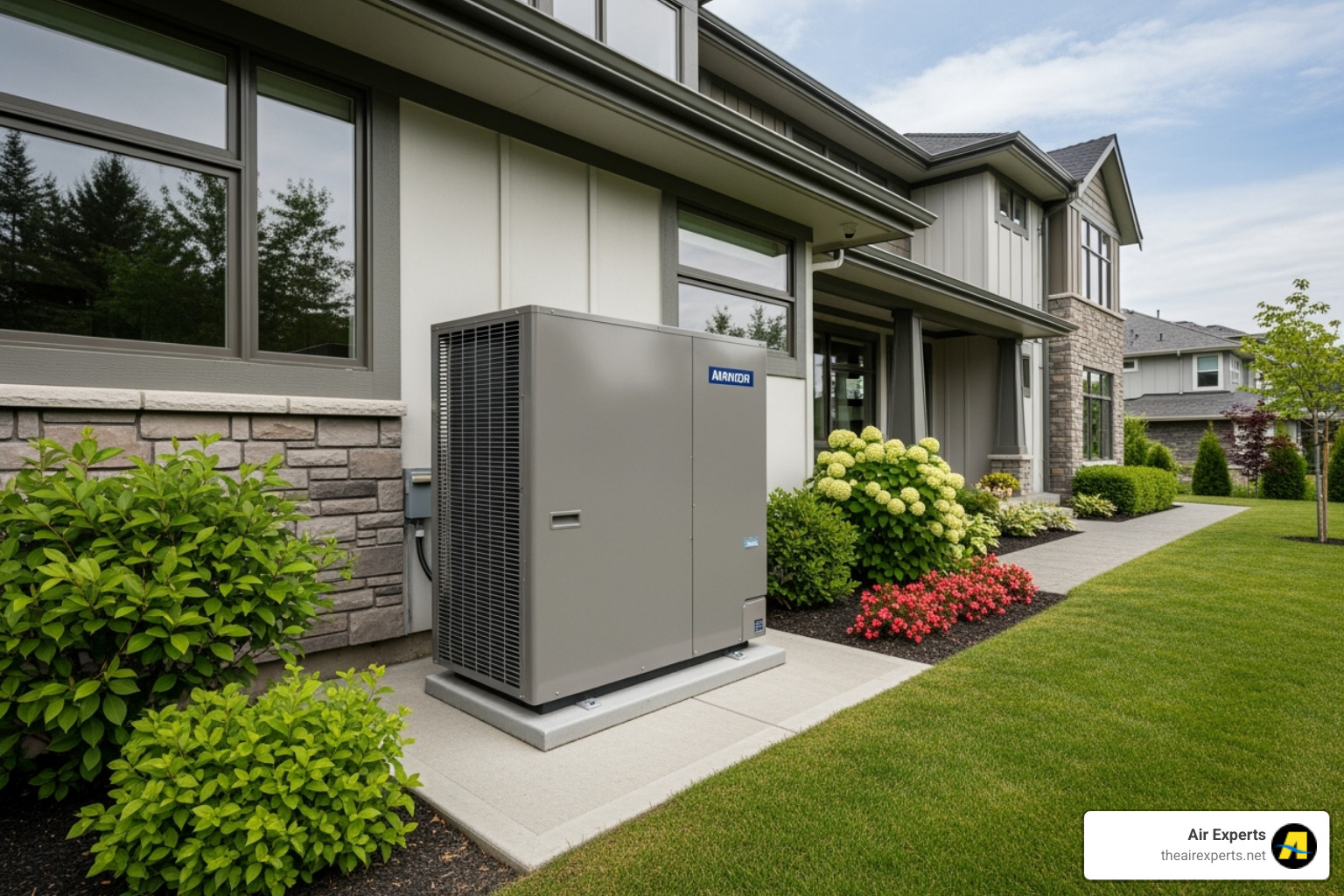
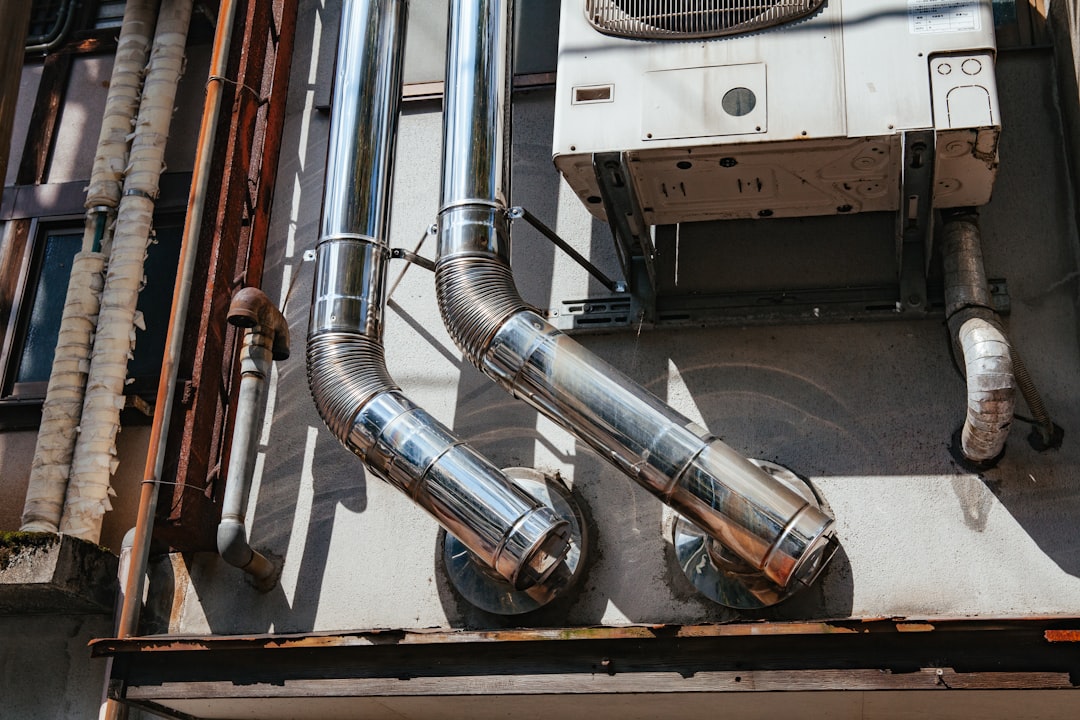
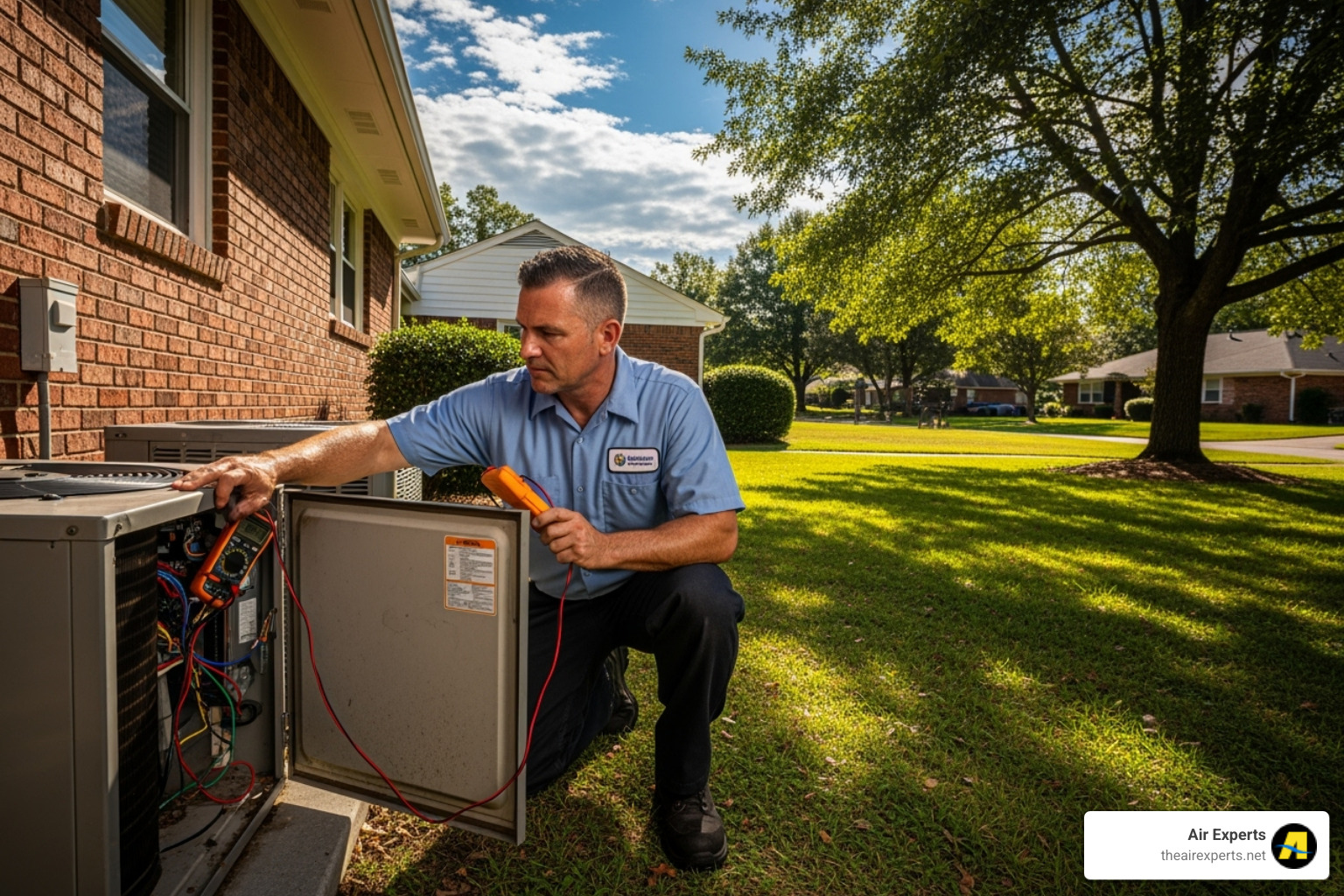
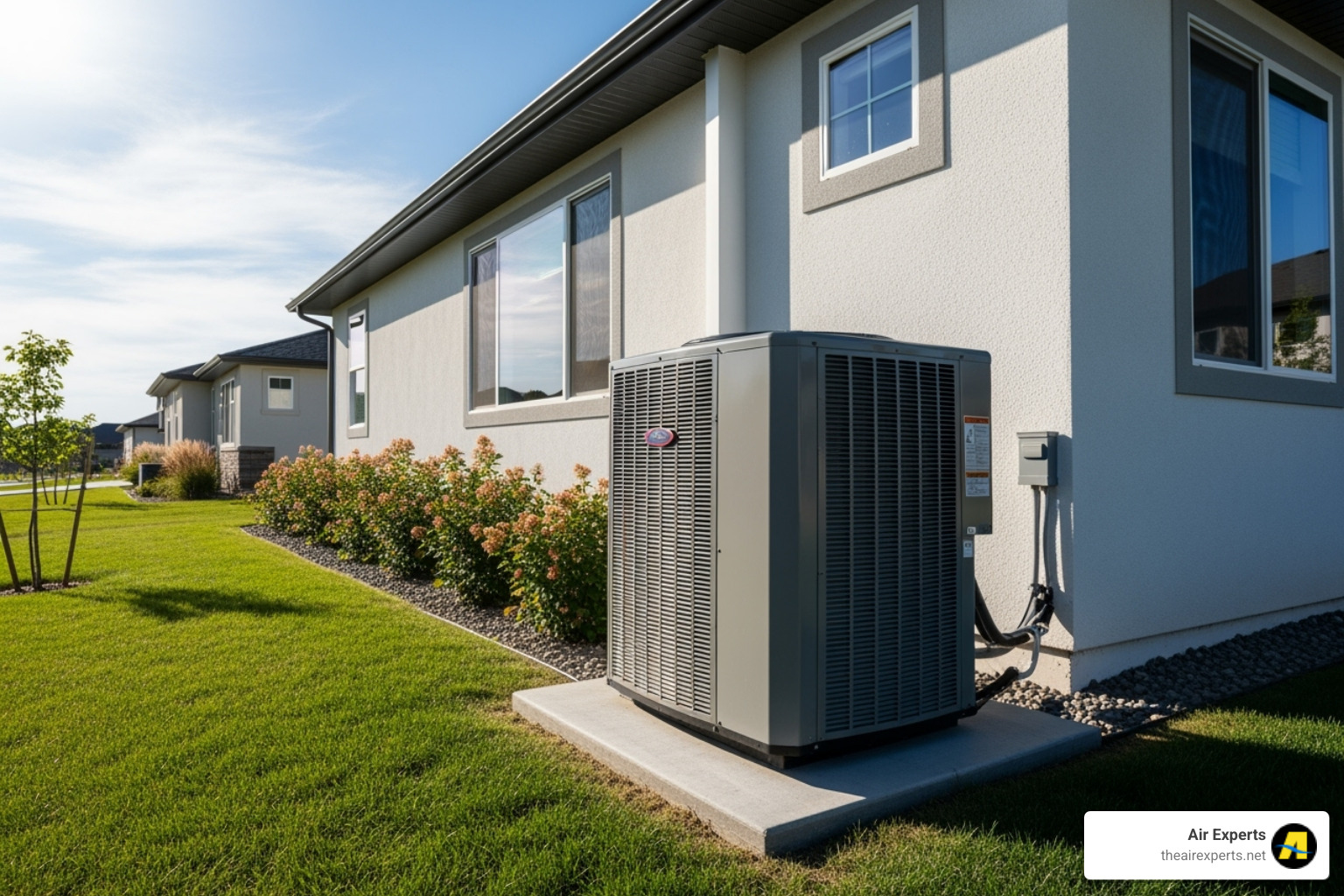
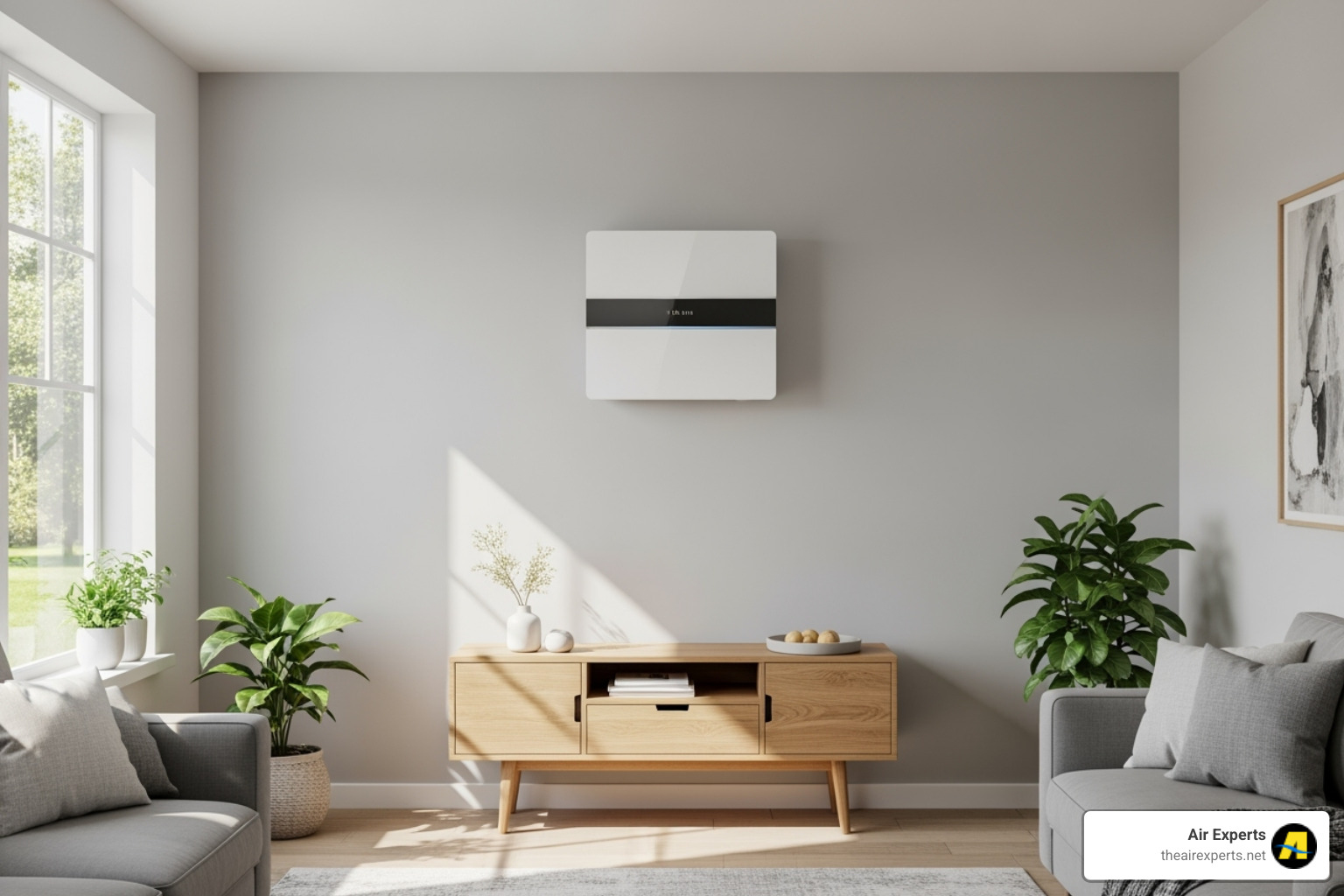
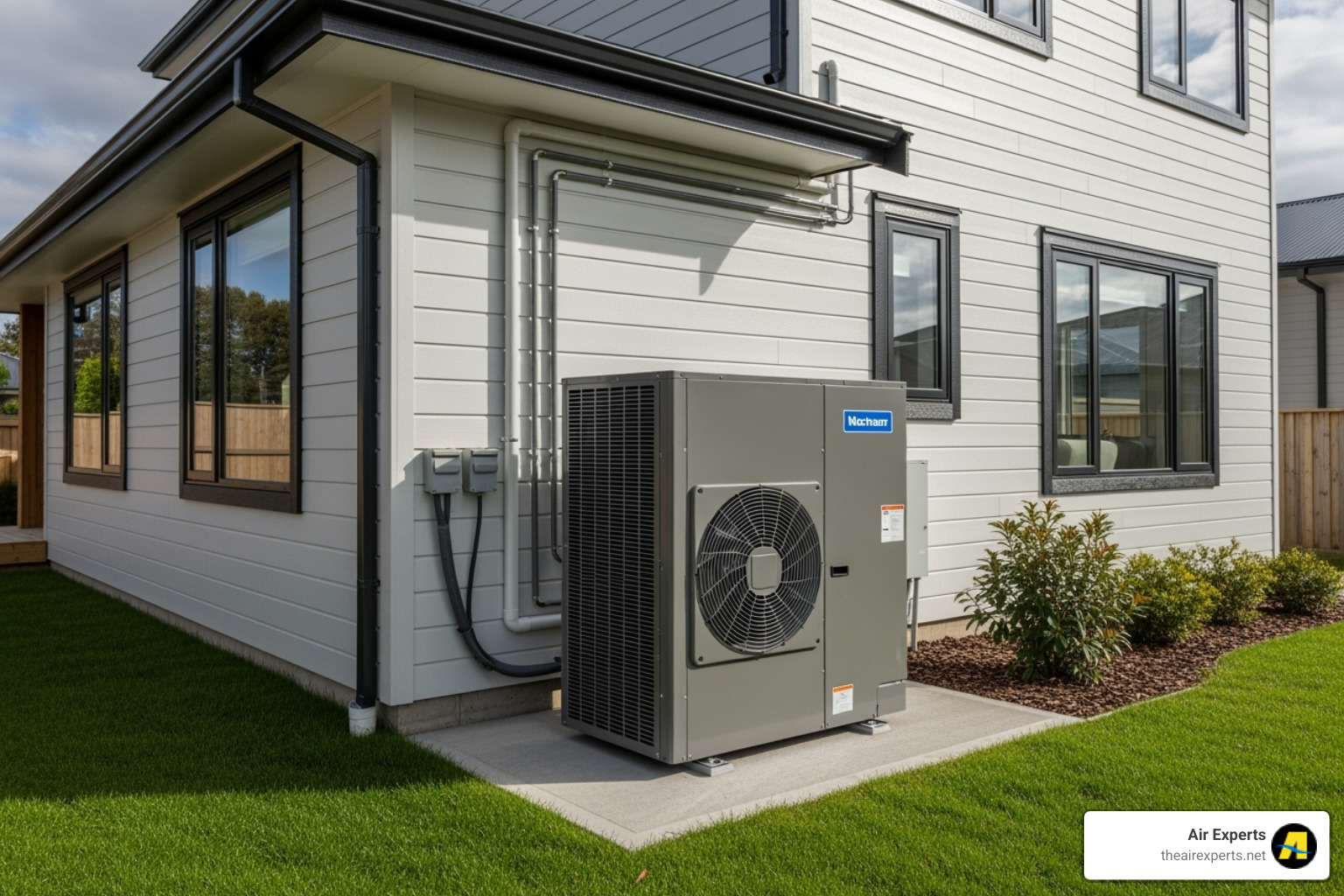
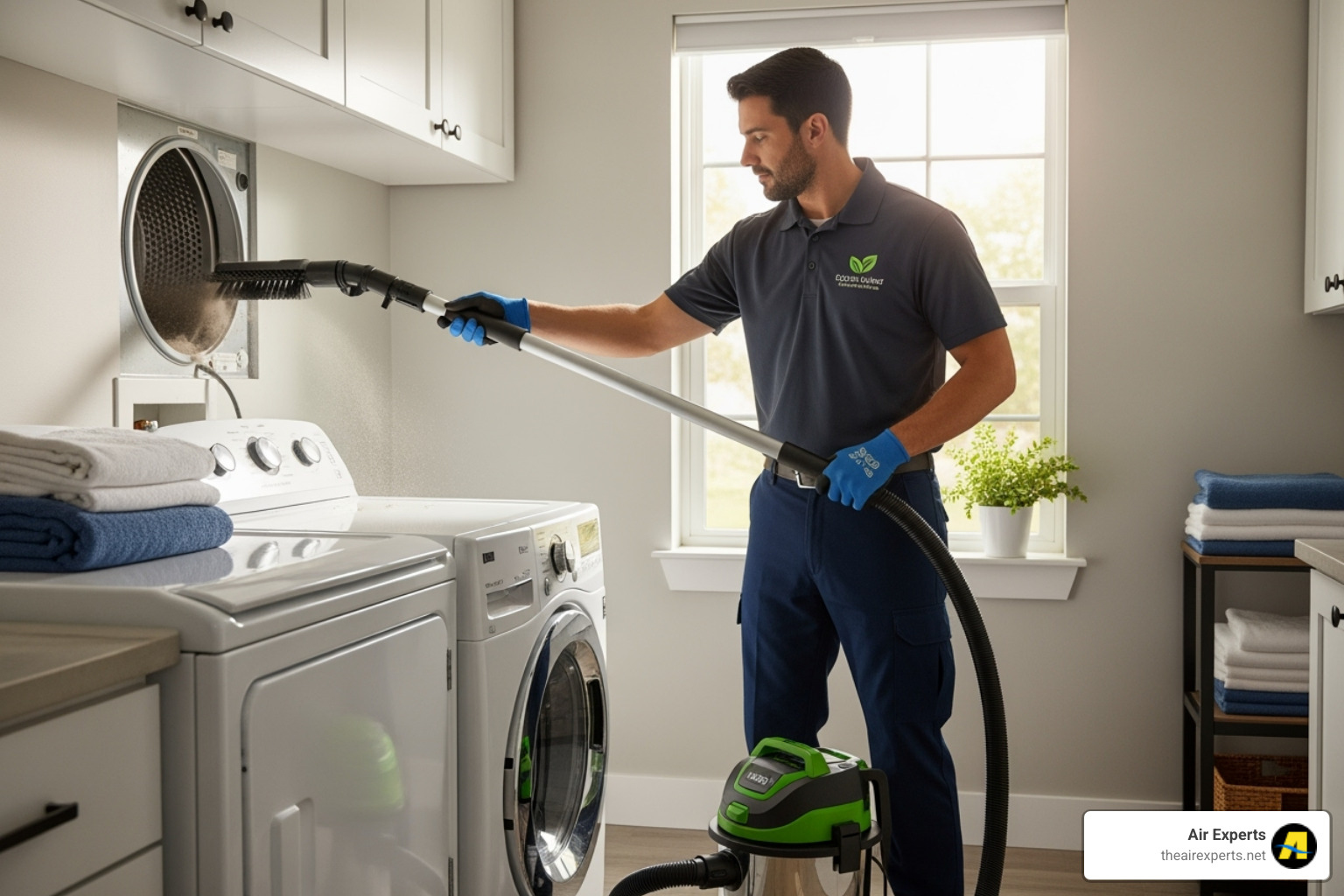

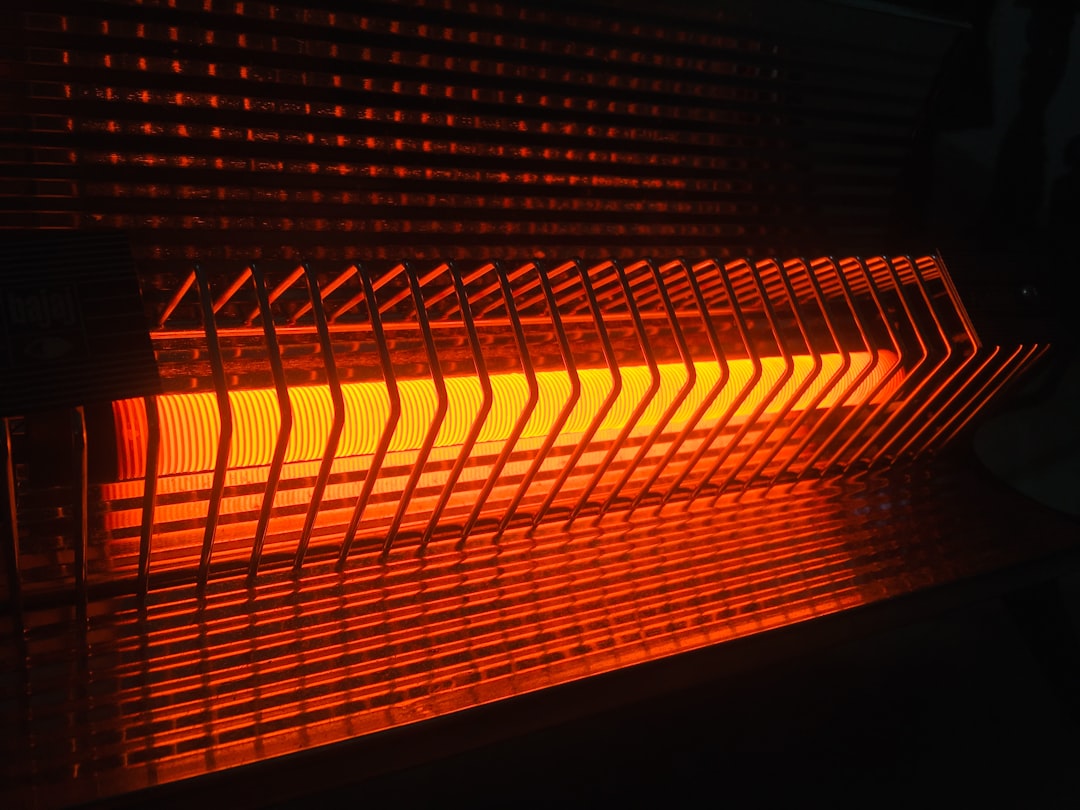
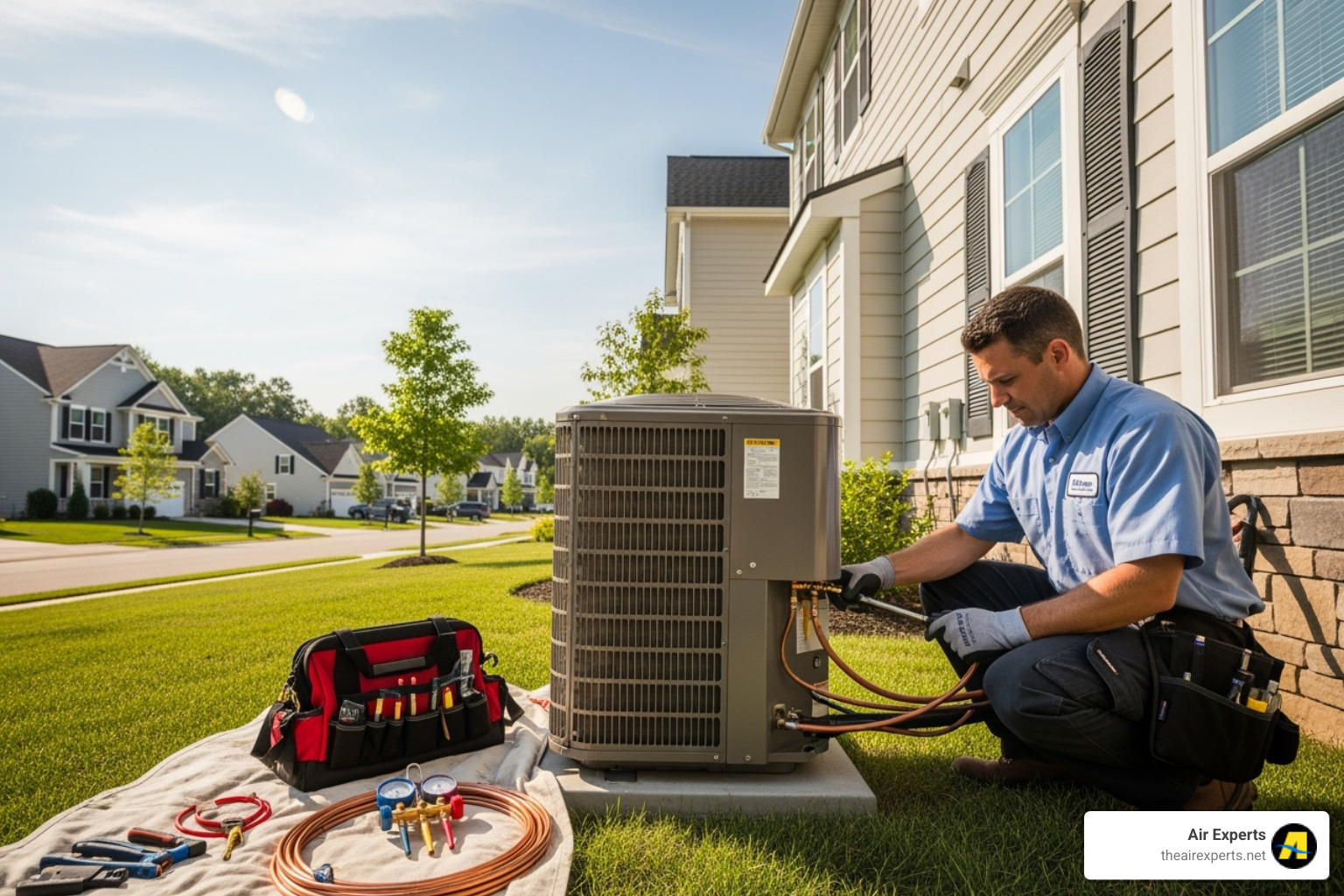
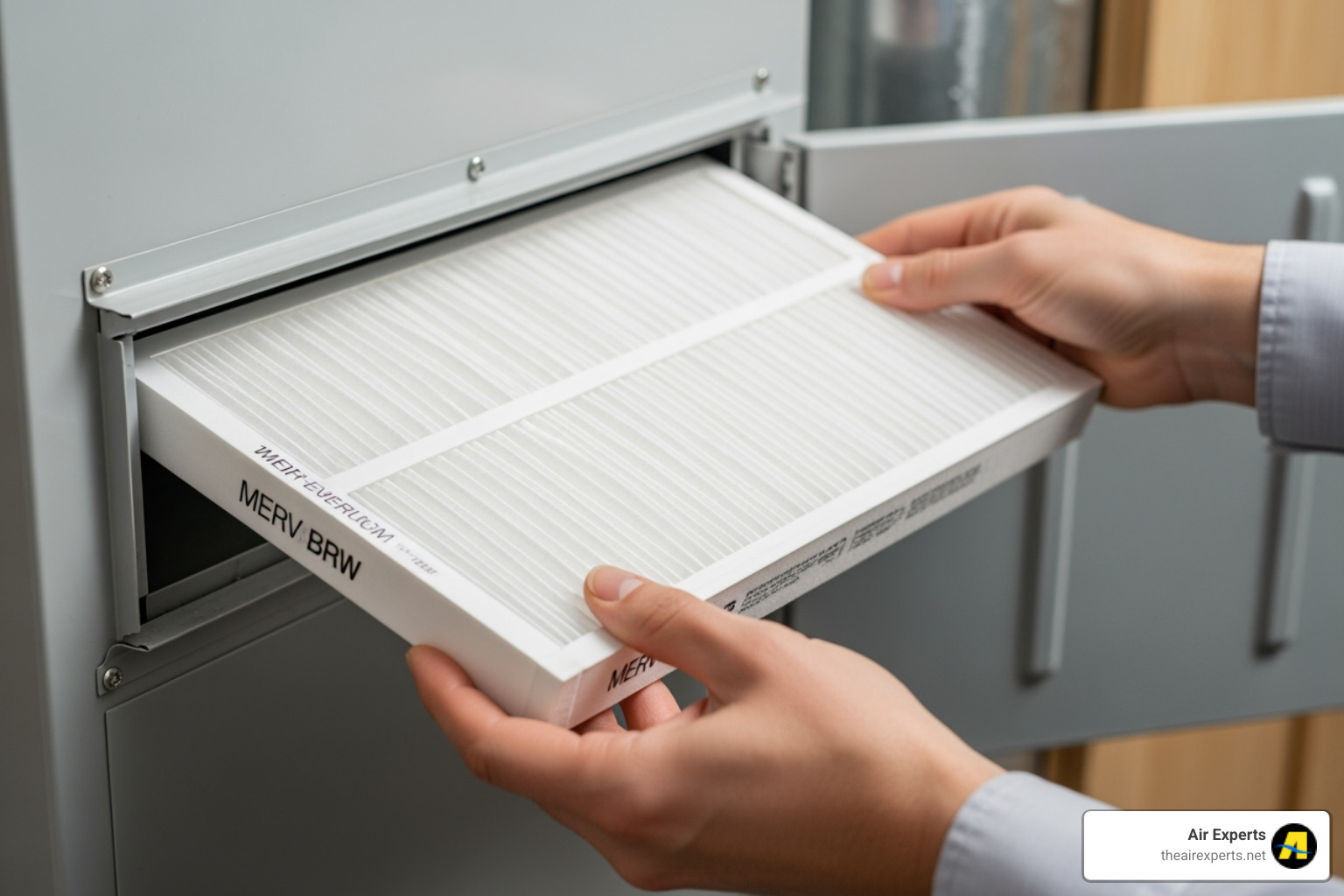
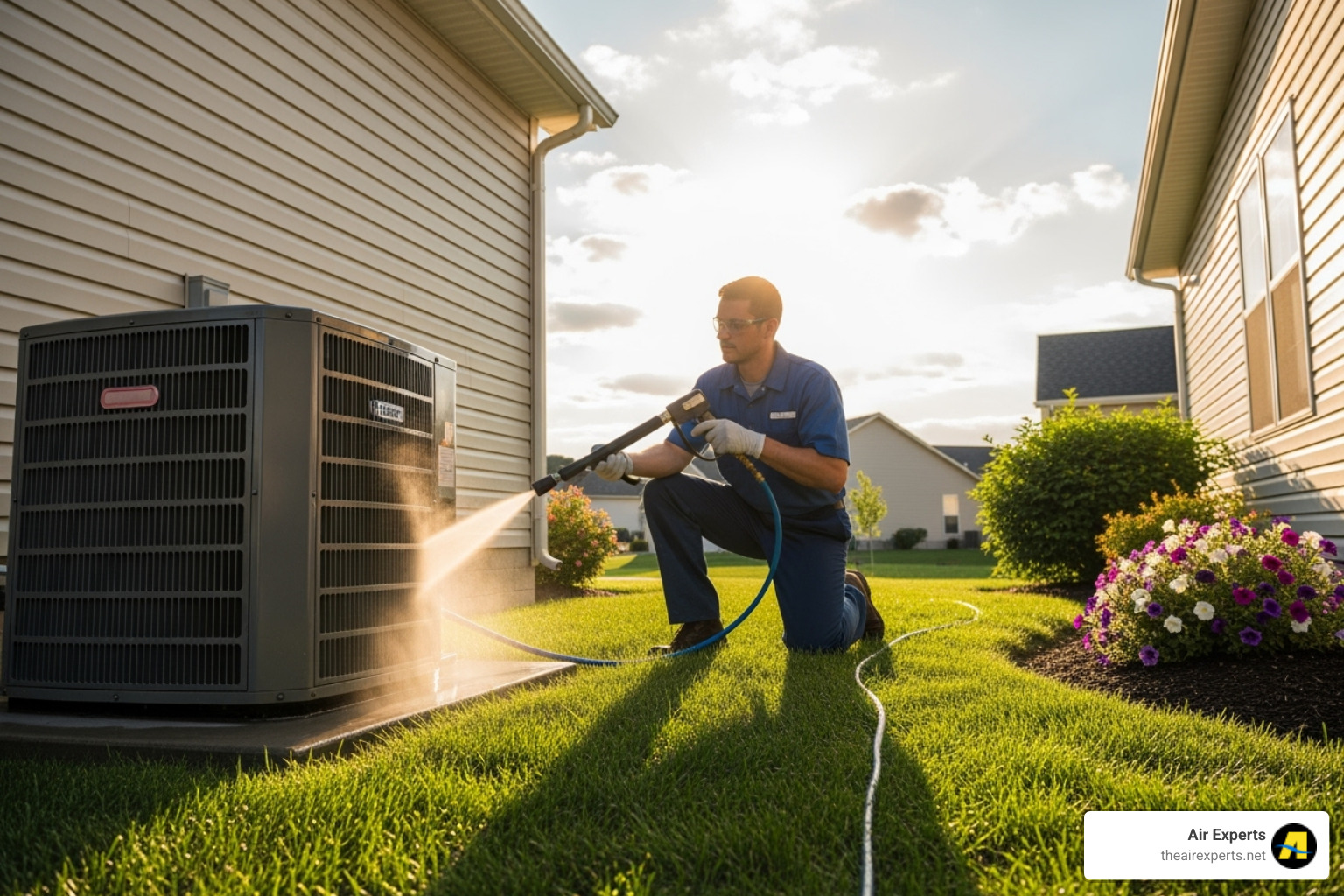
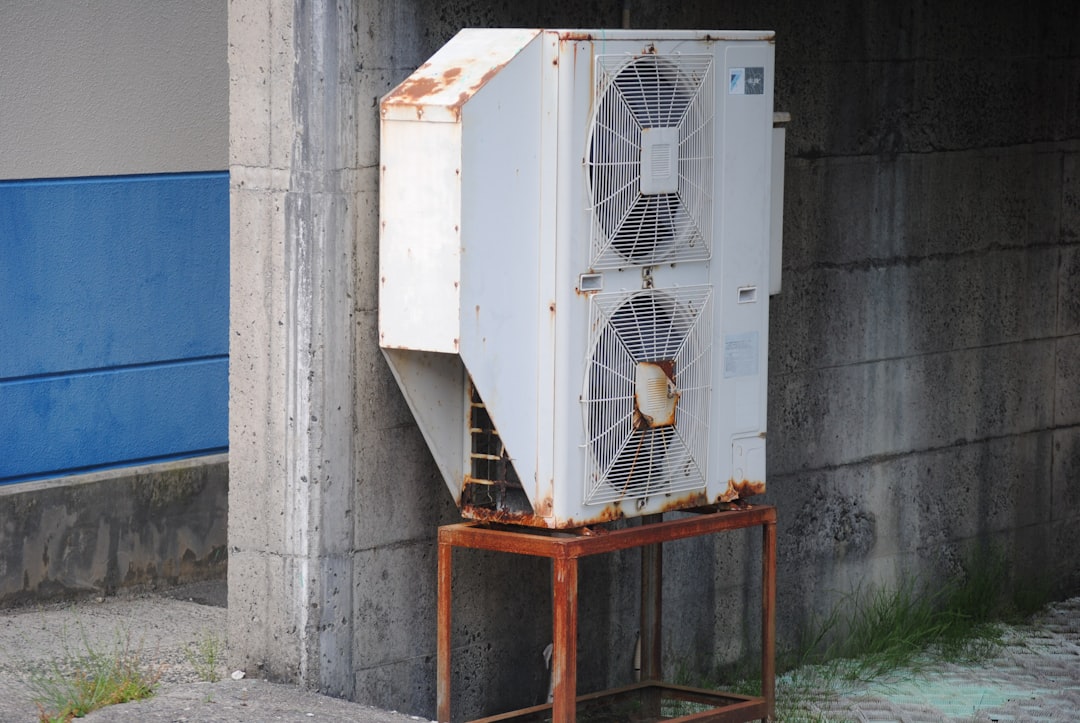
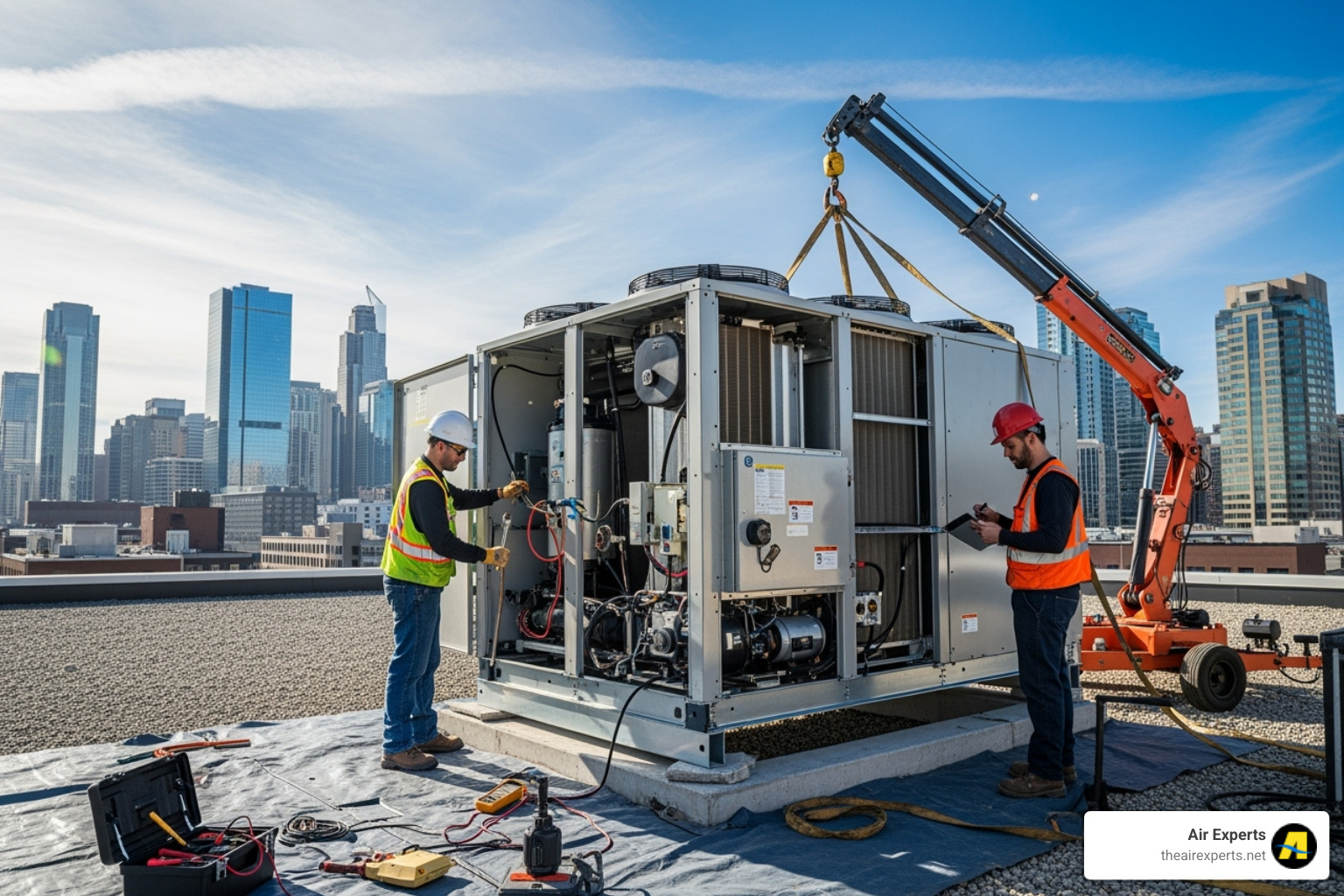
.svg)
.svg)




.svg)
.svg)
